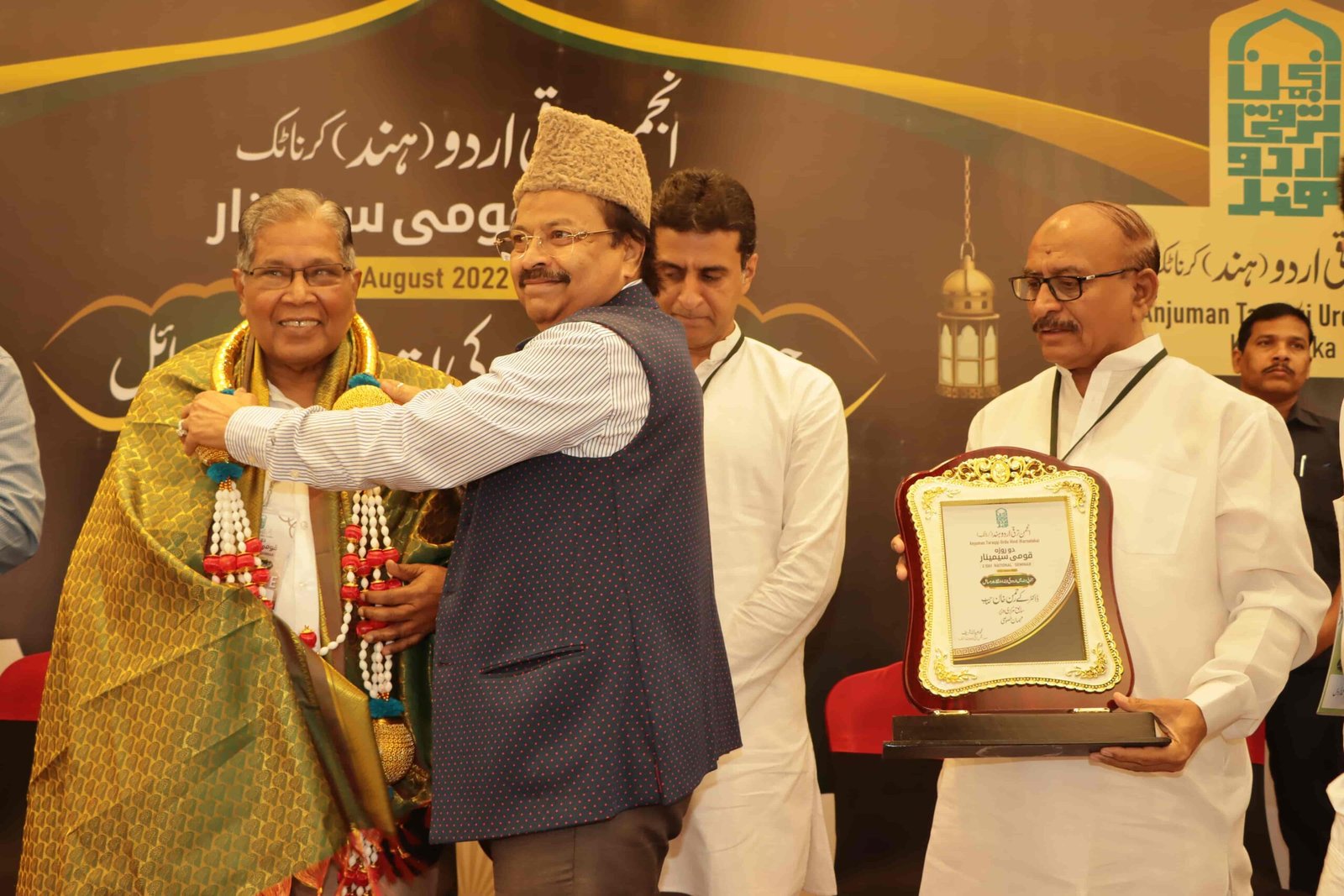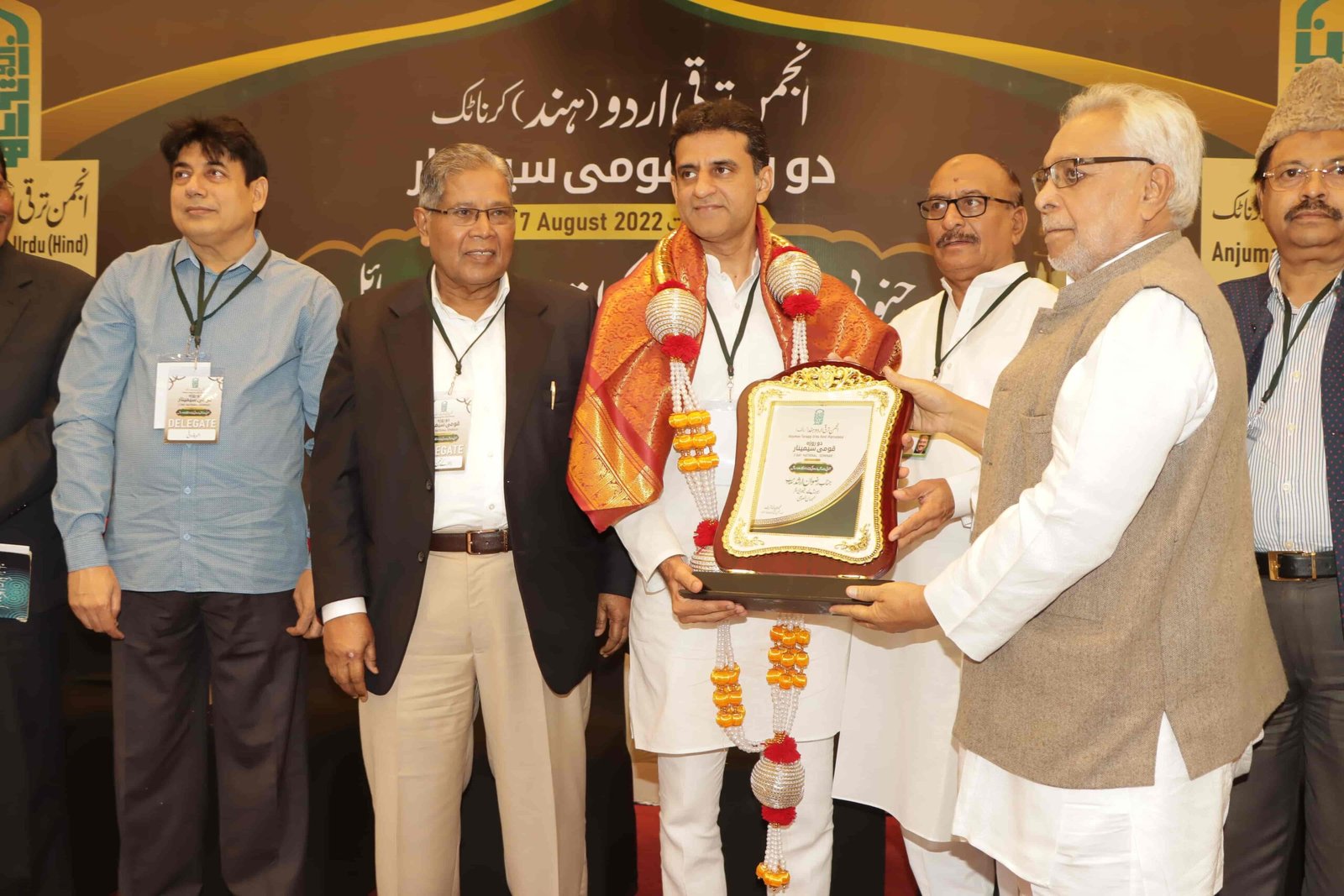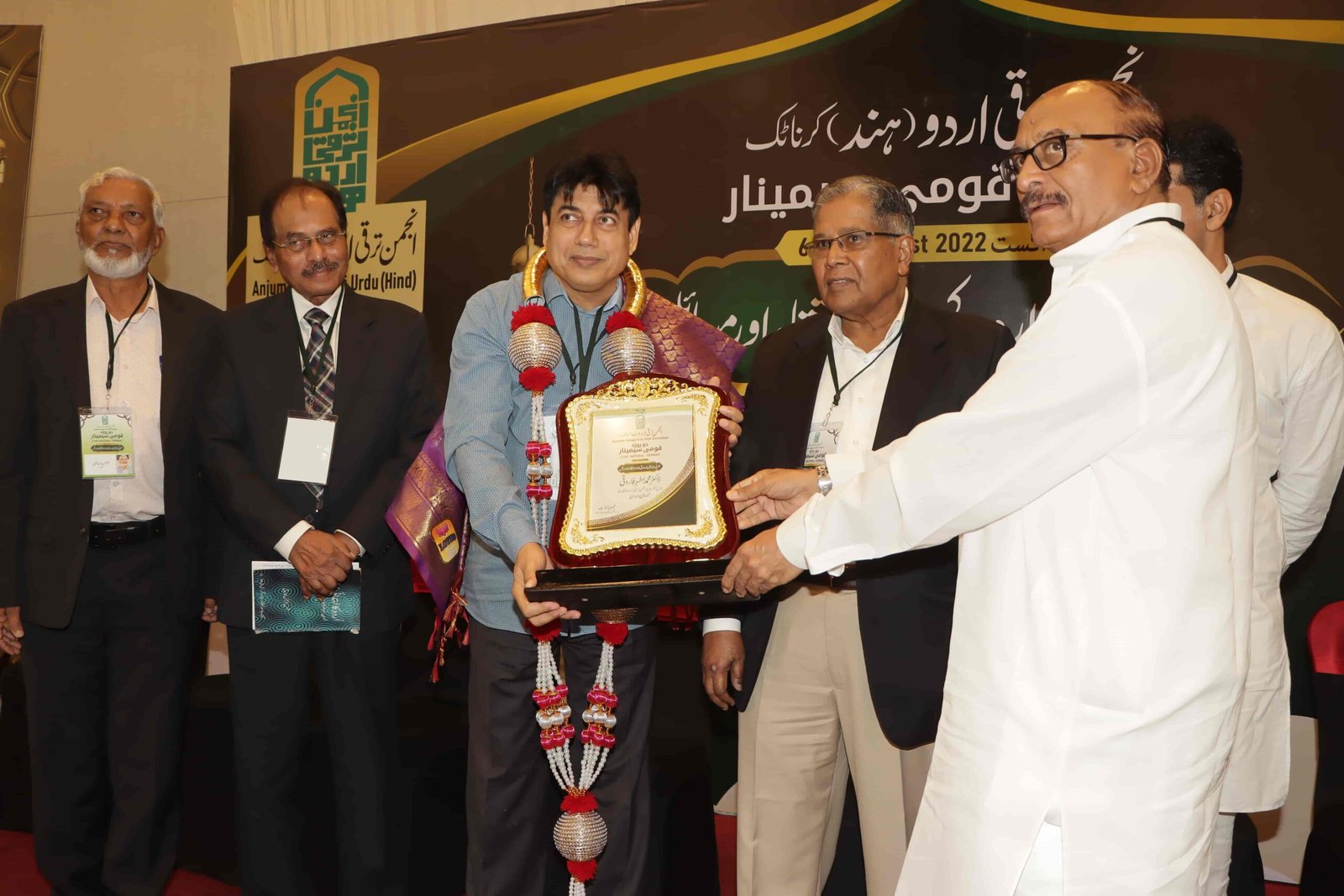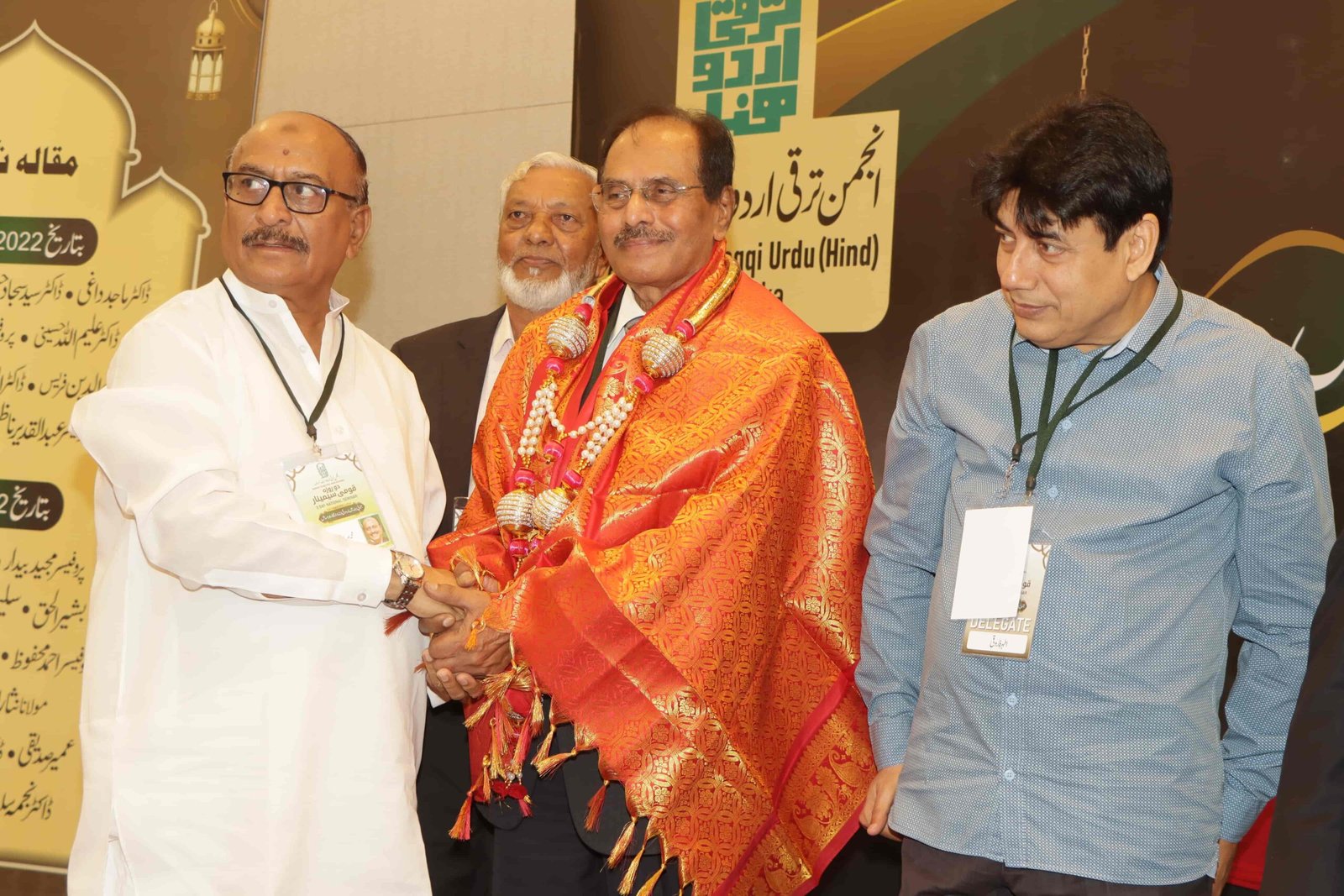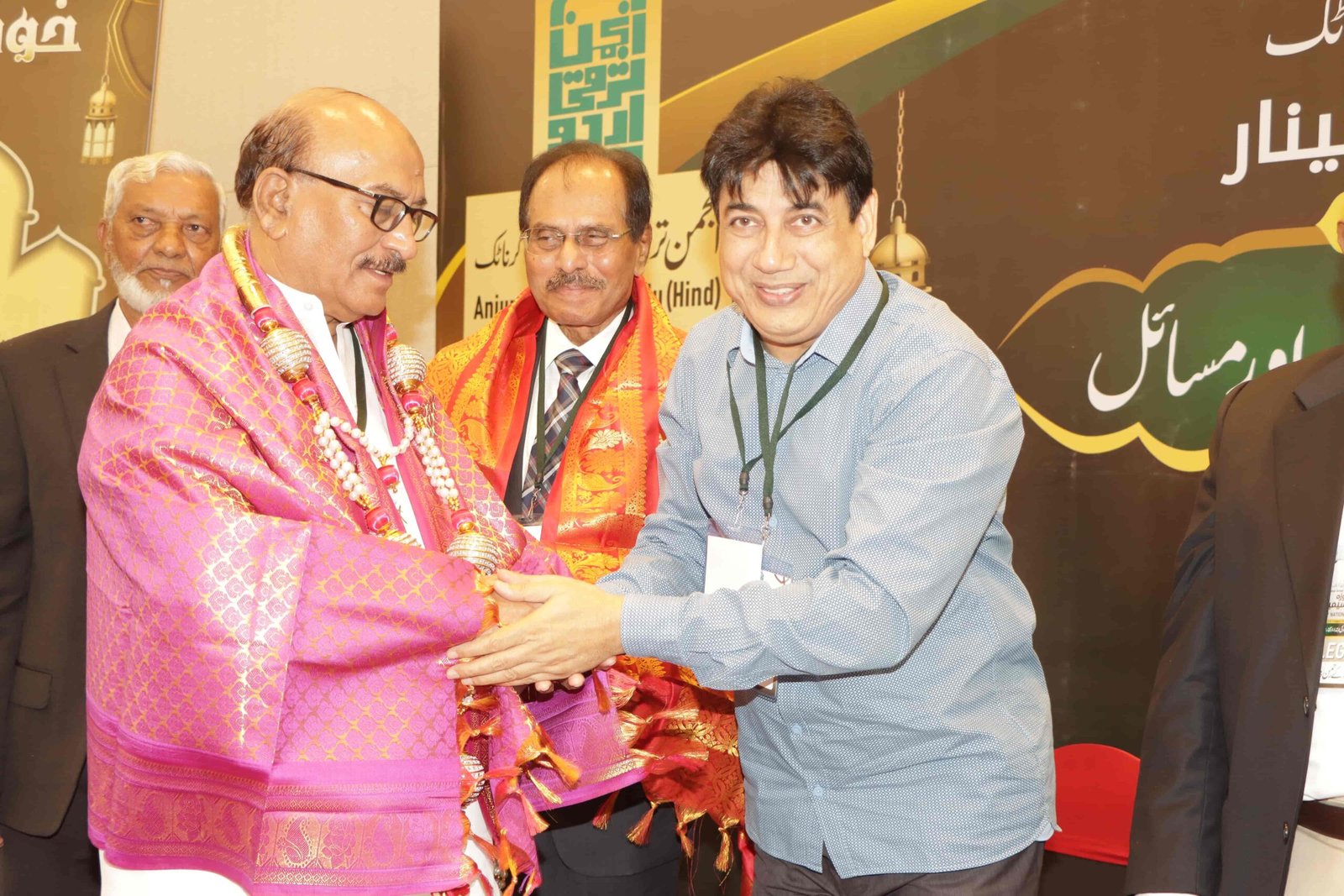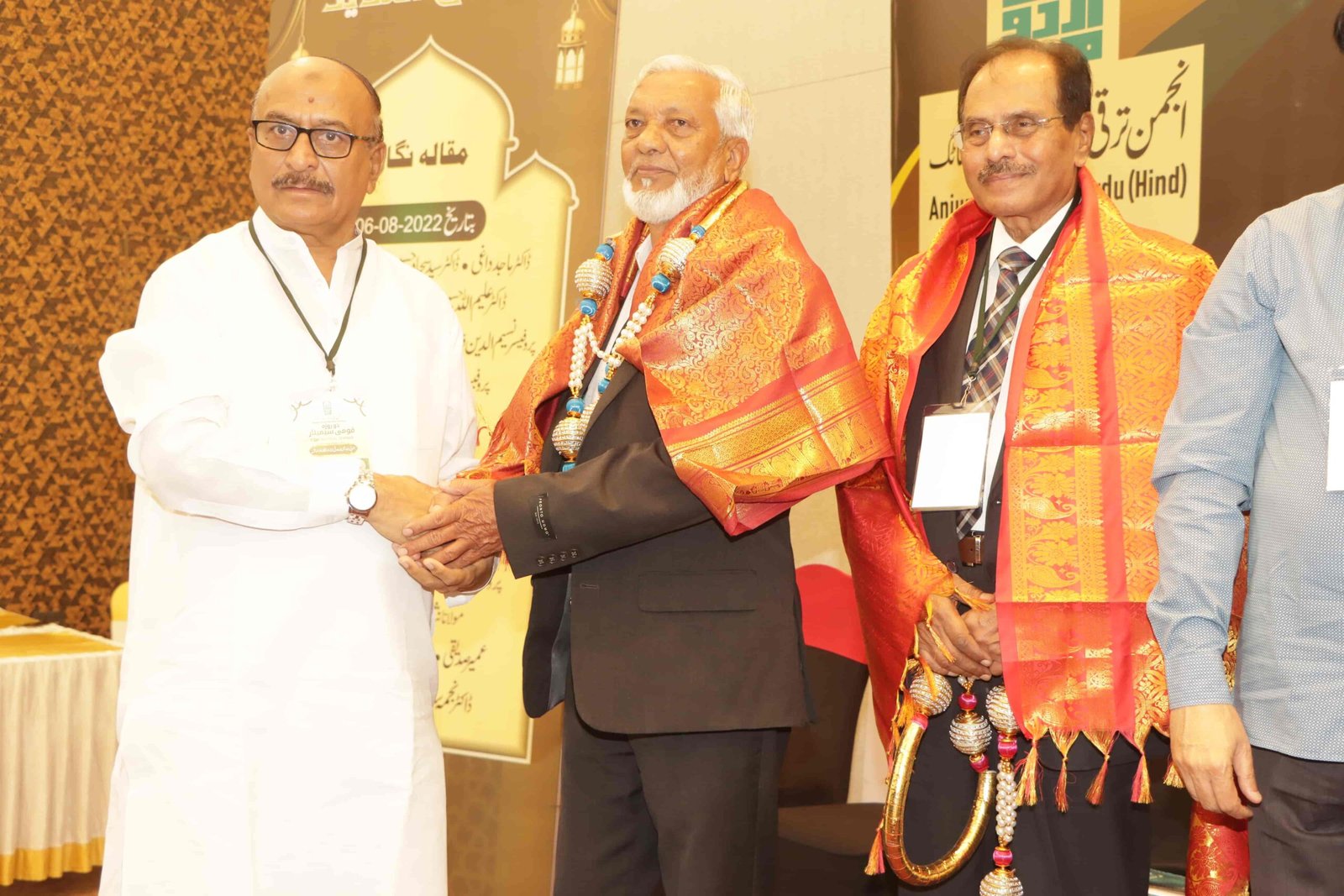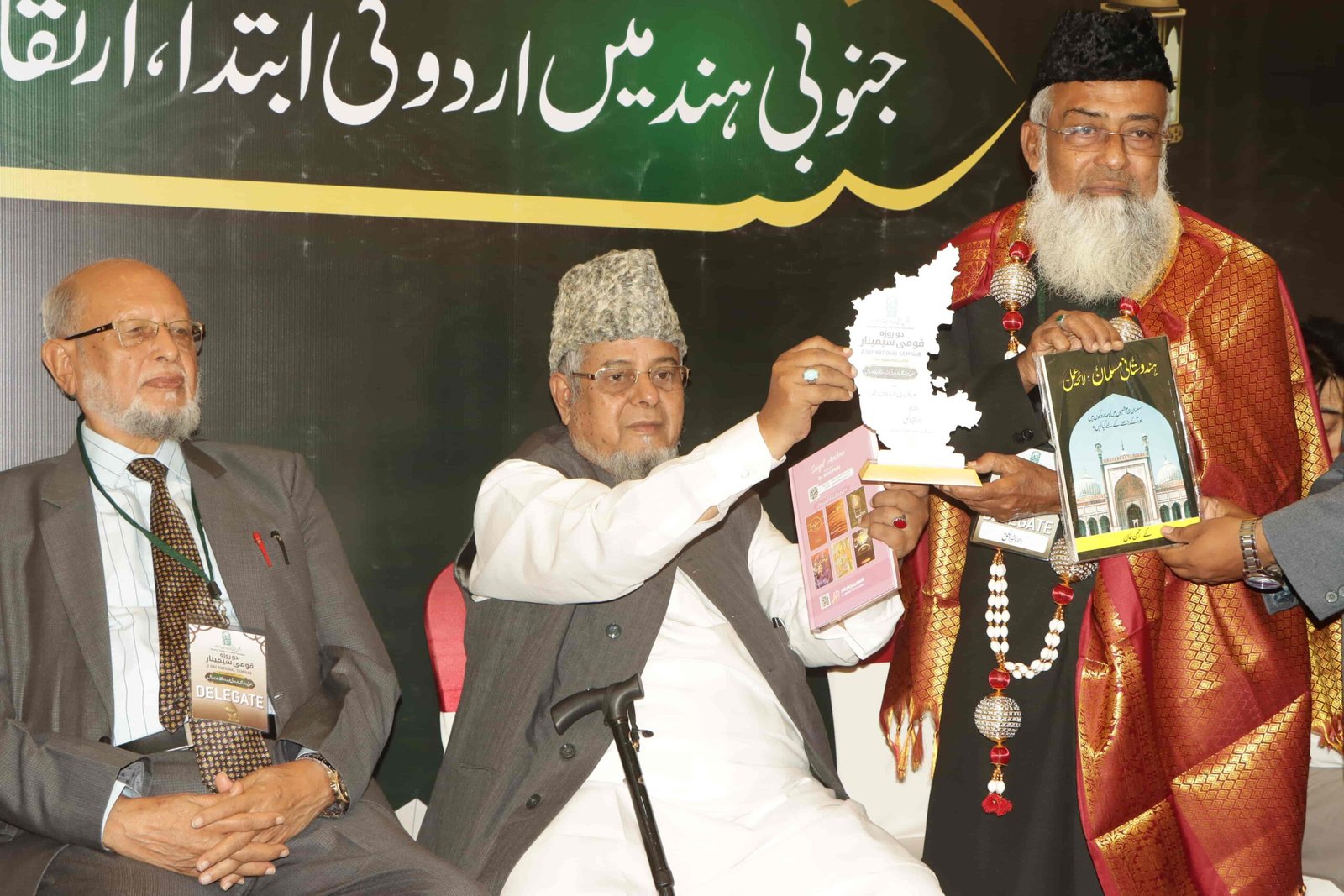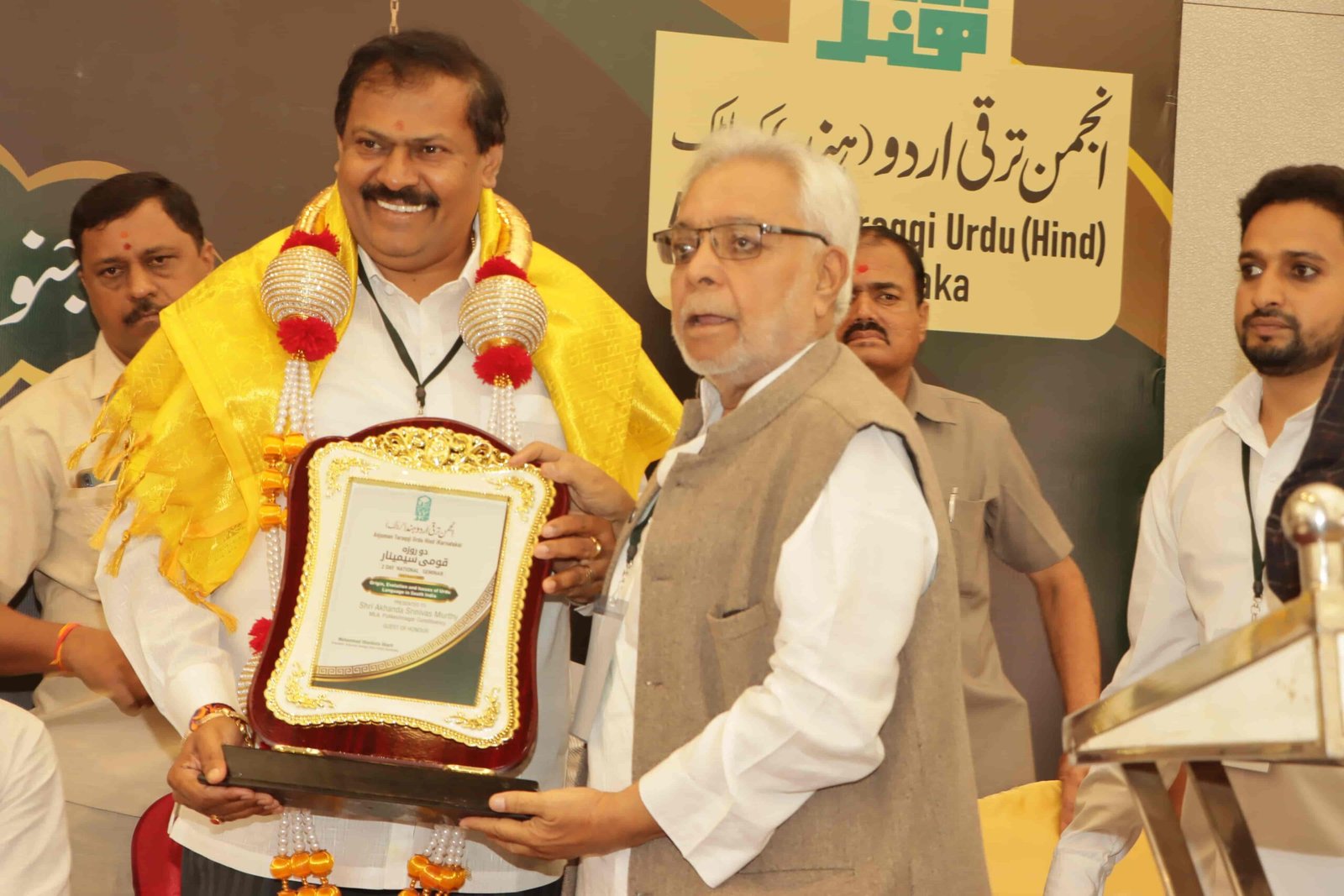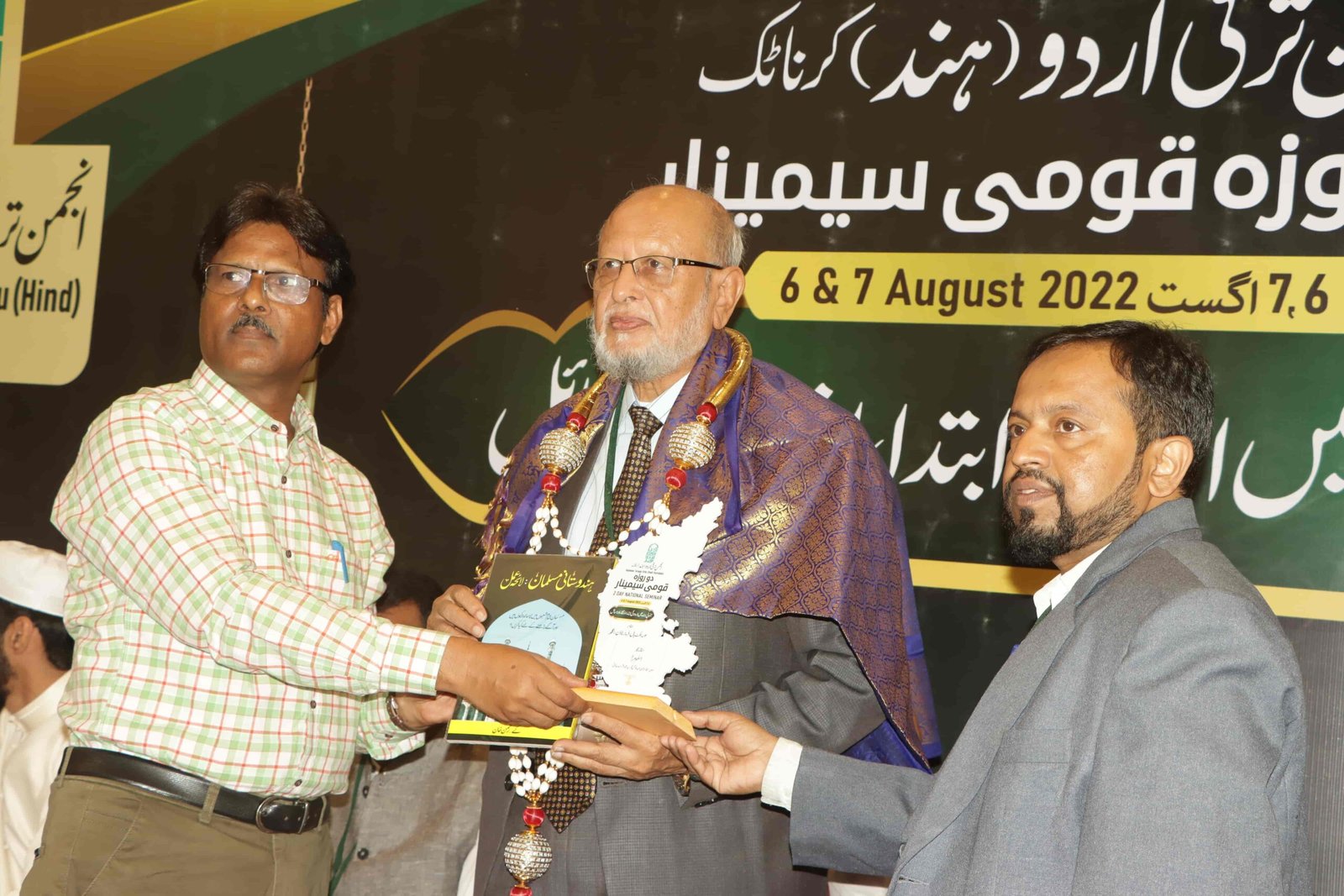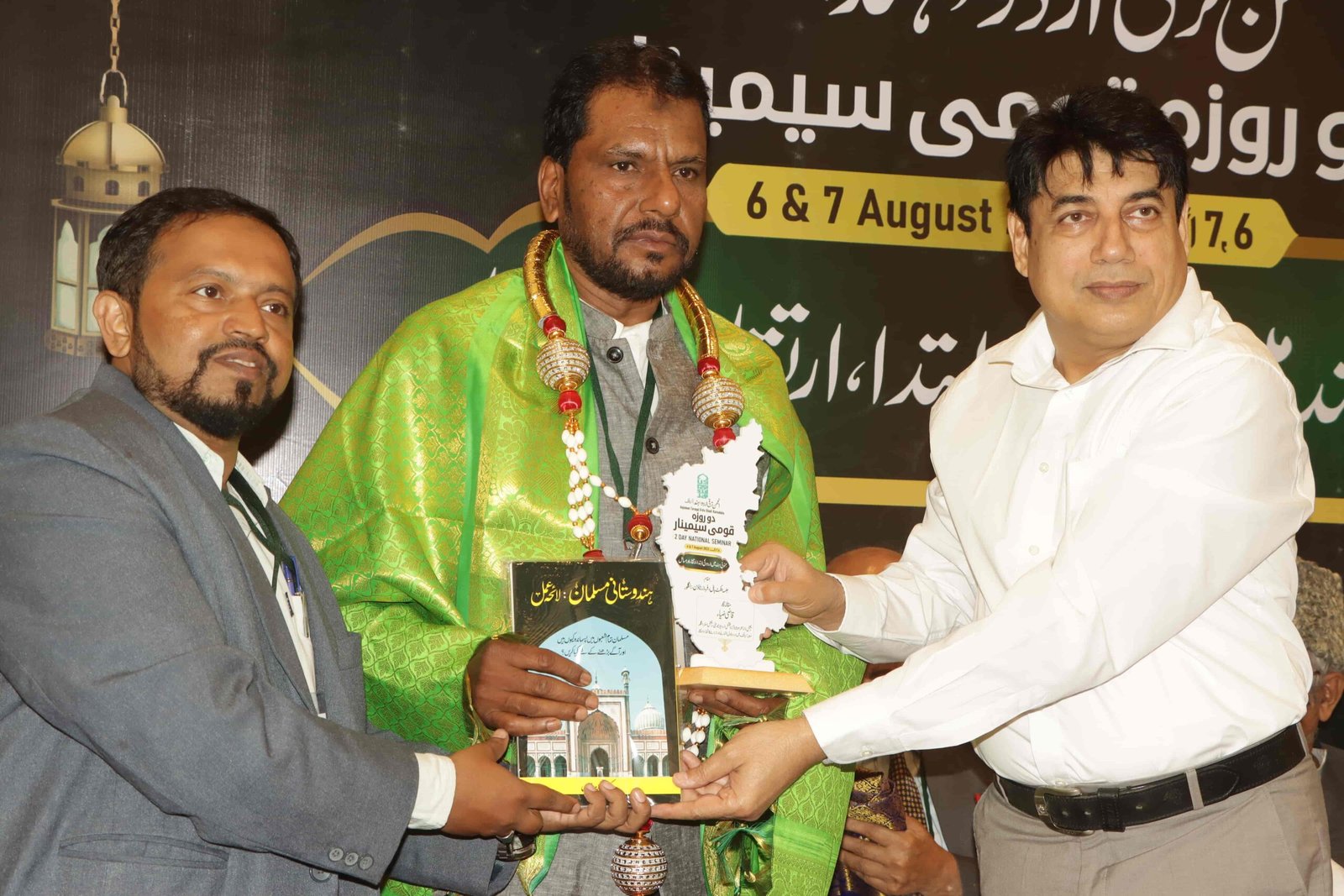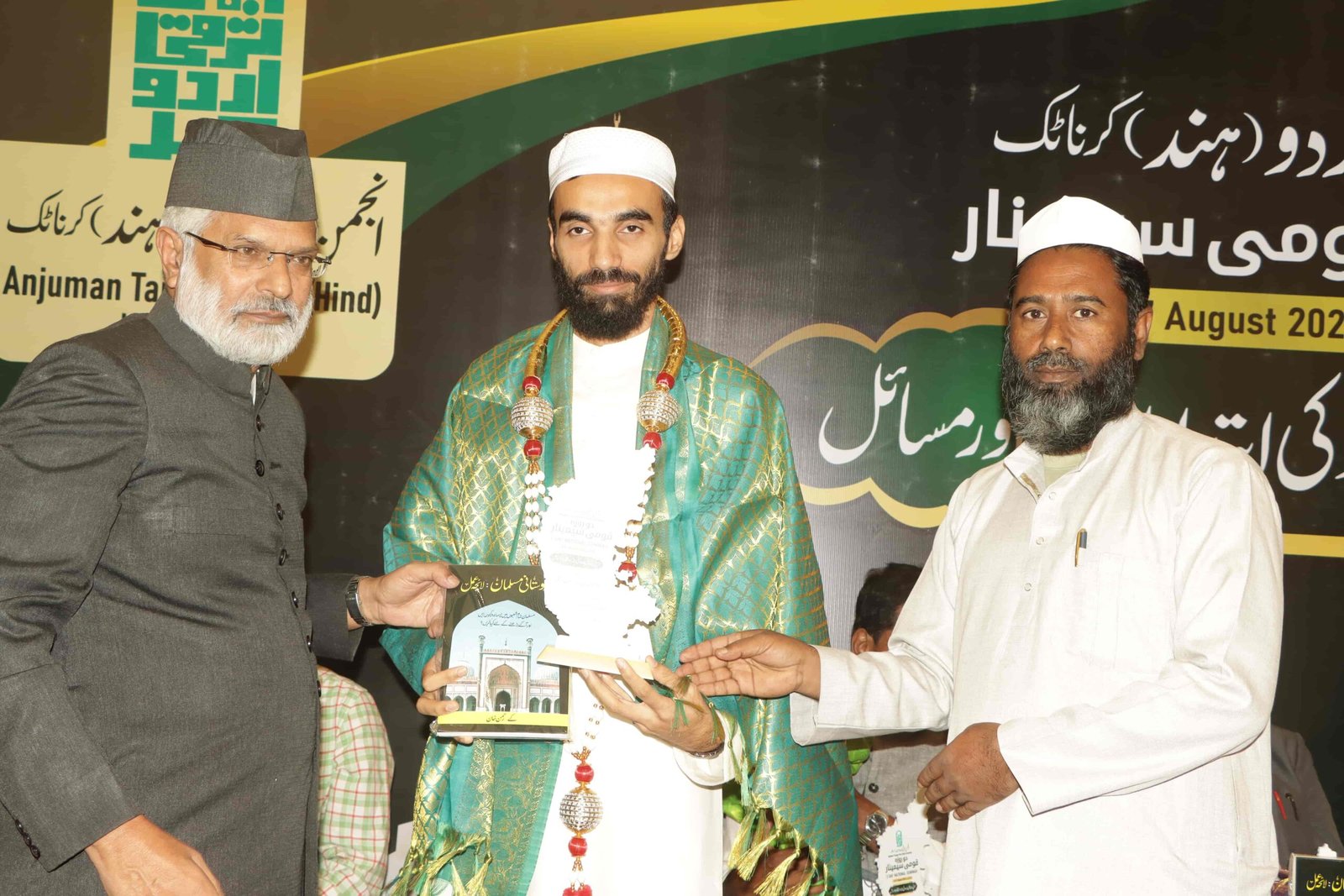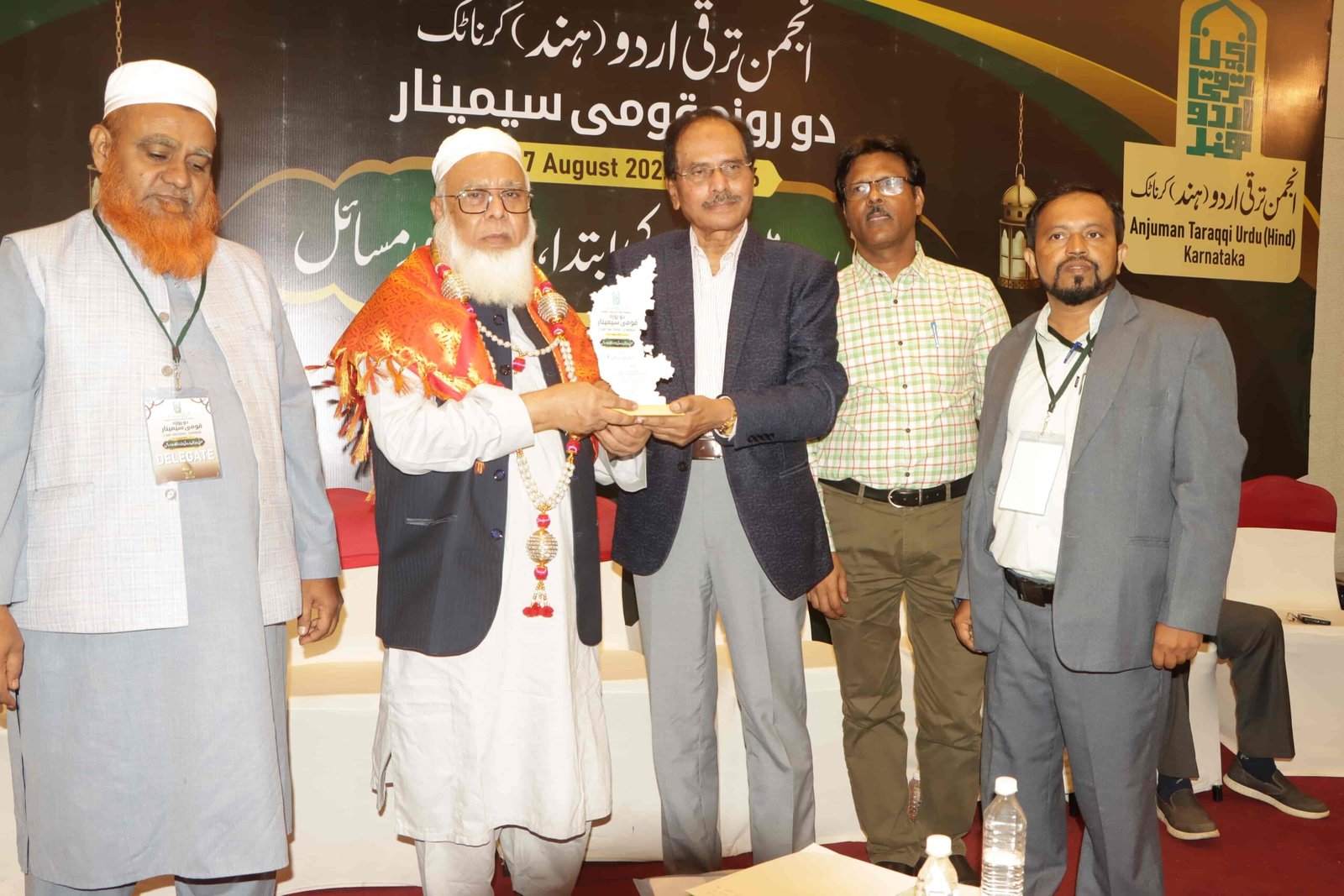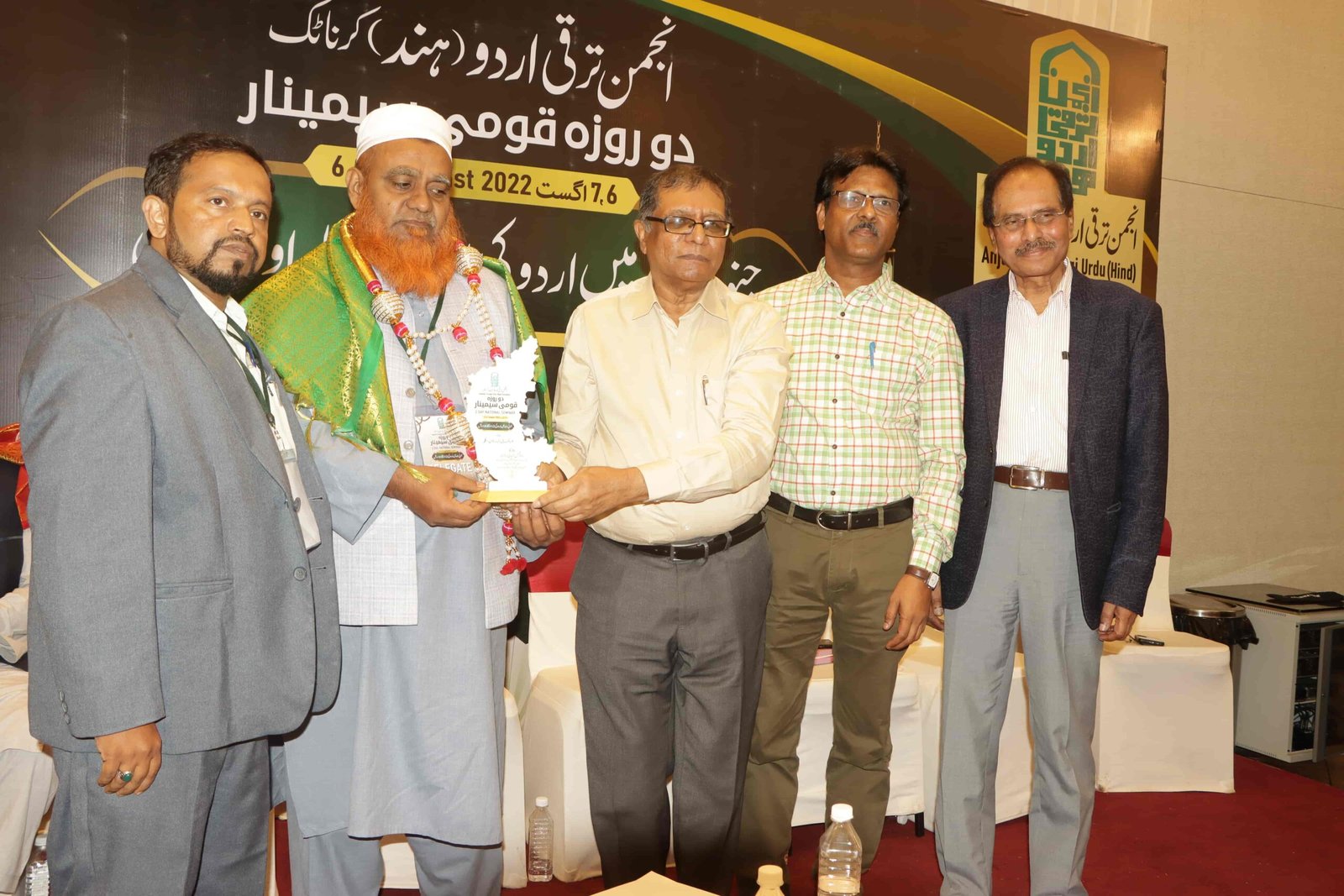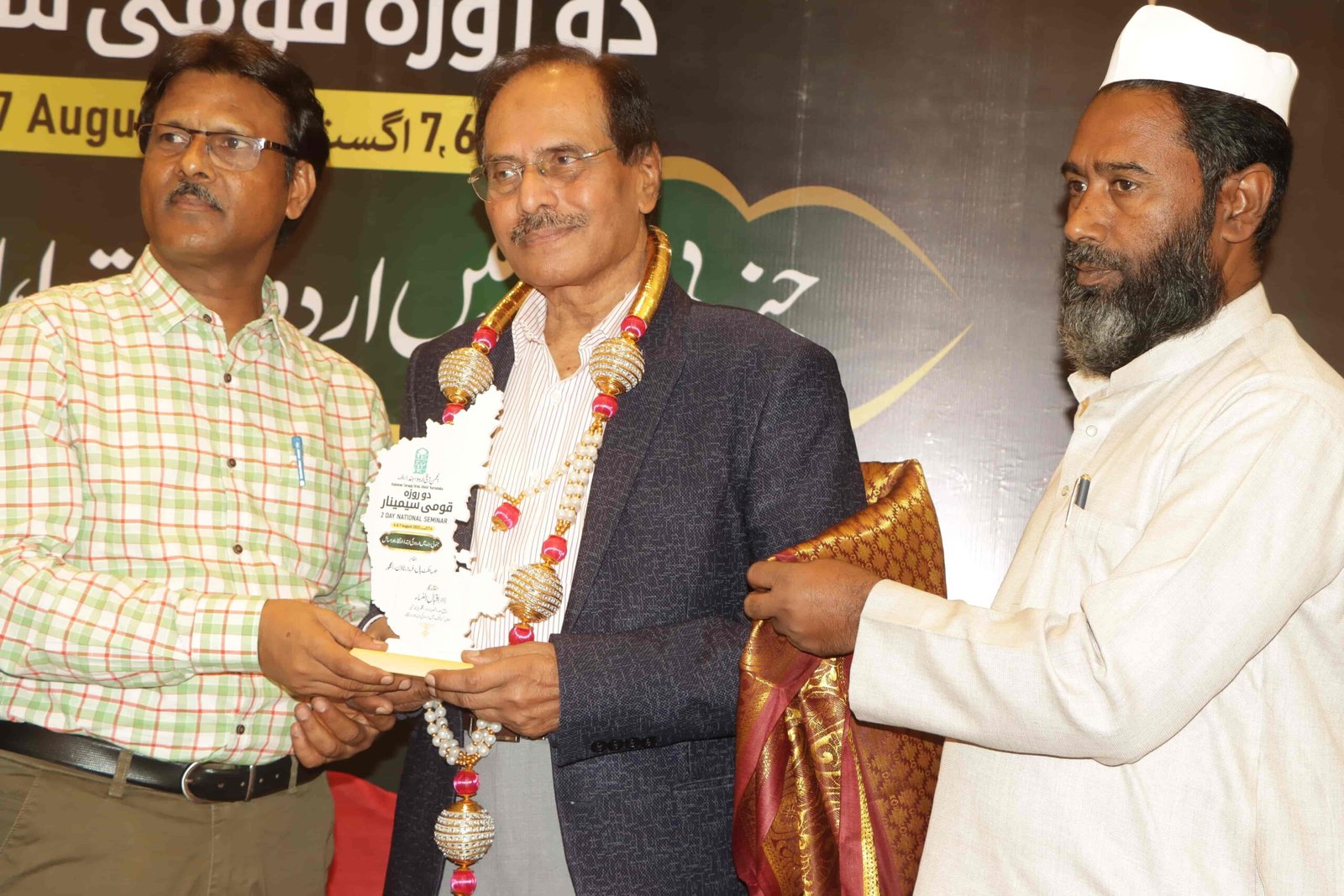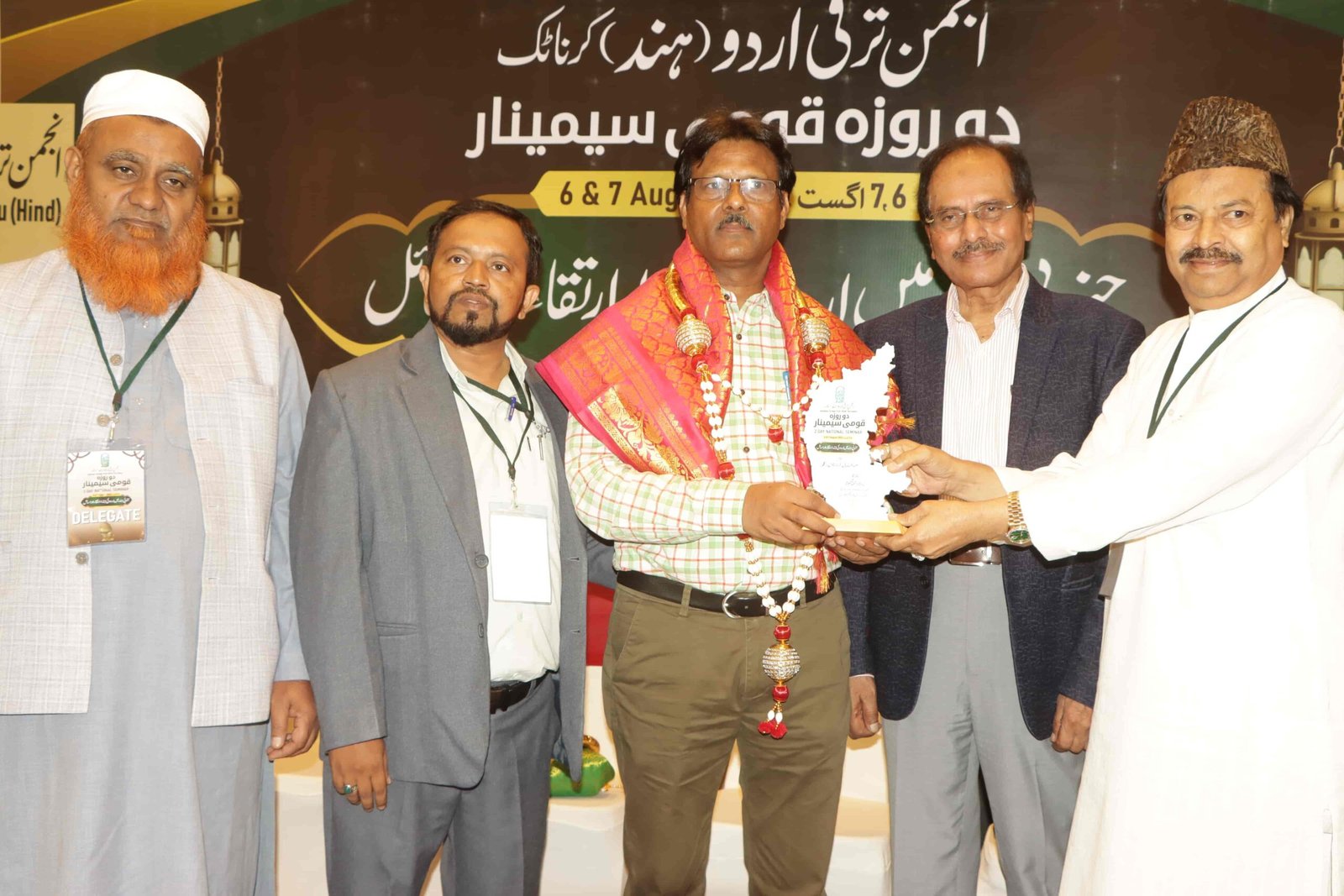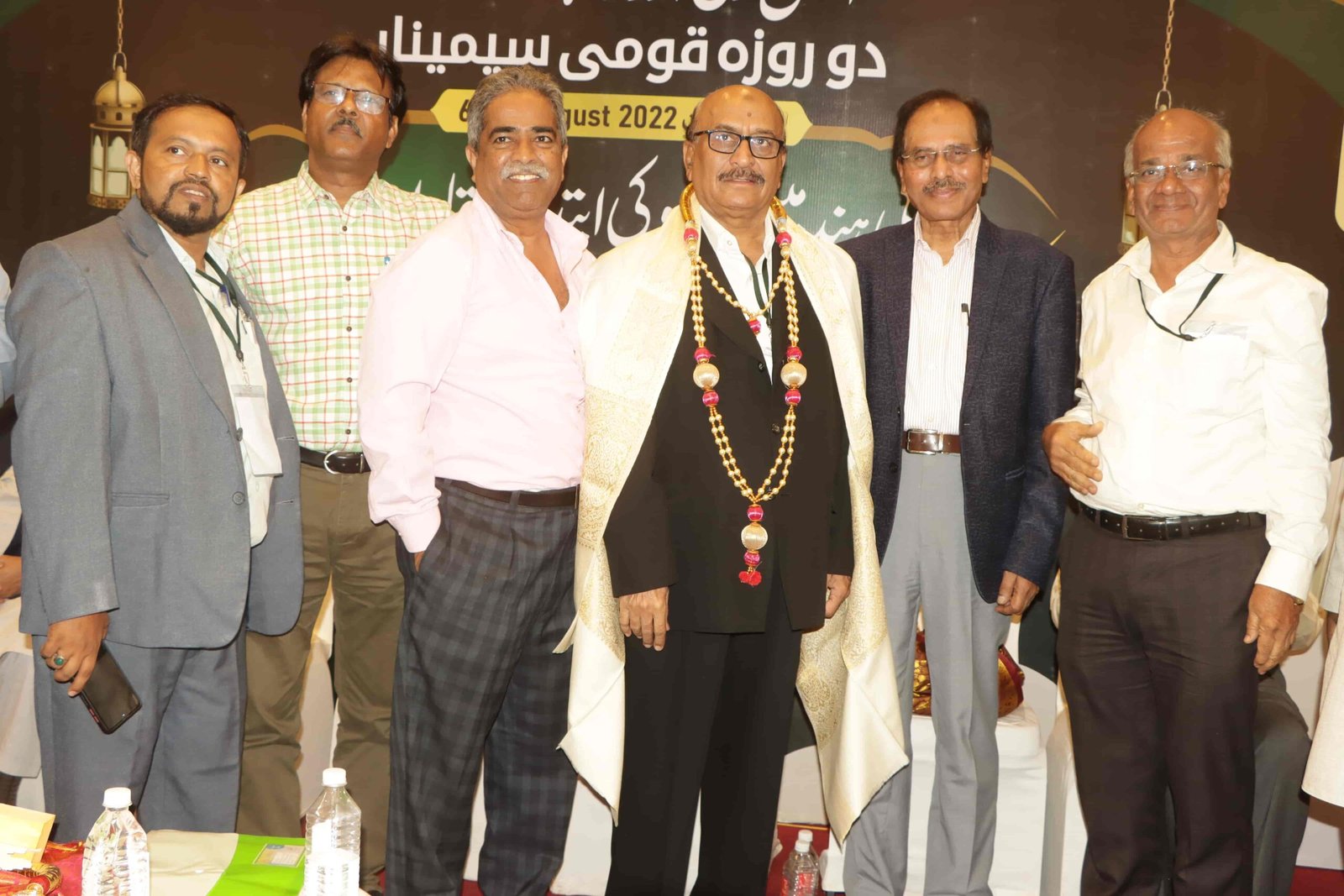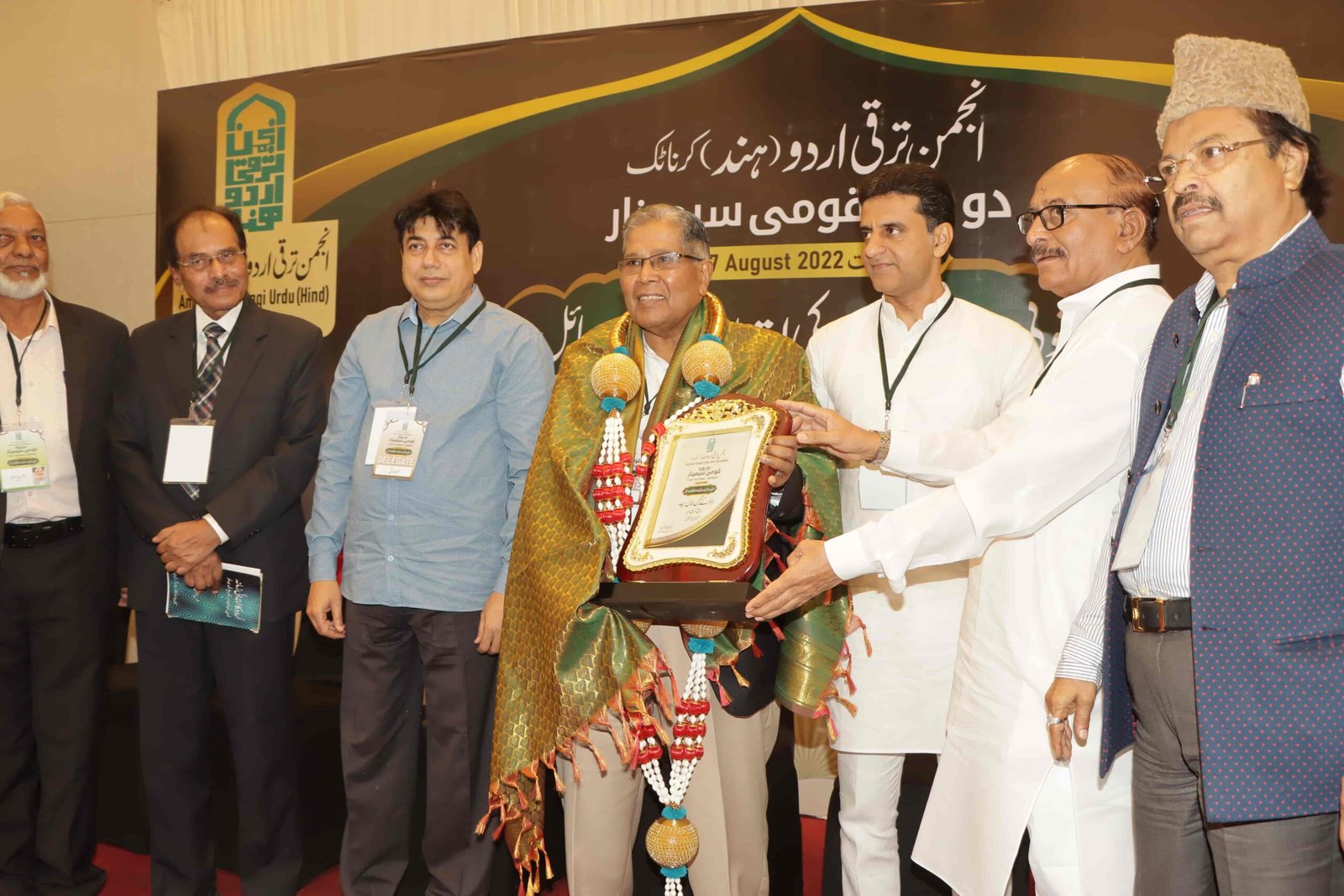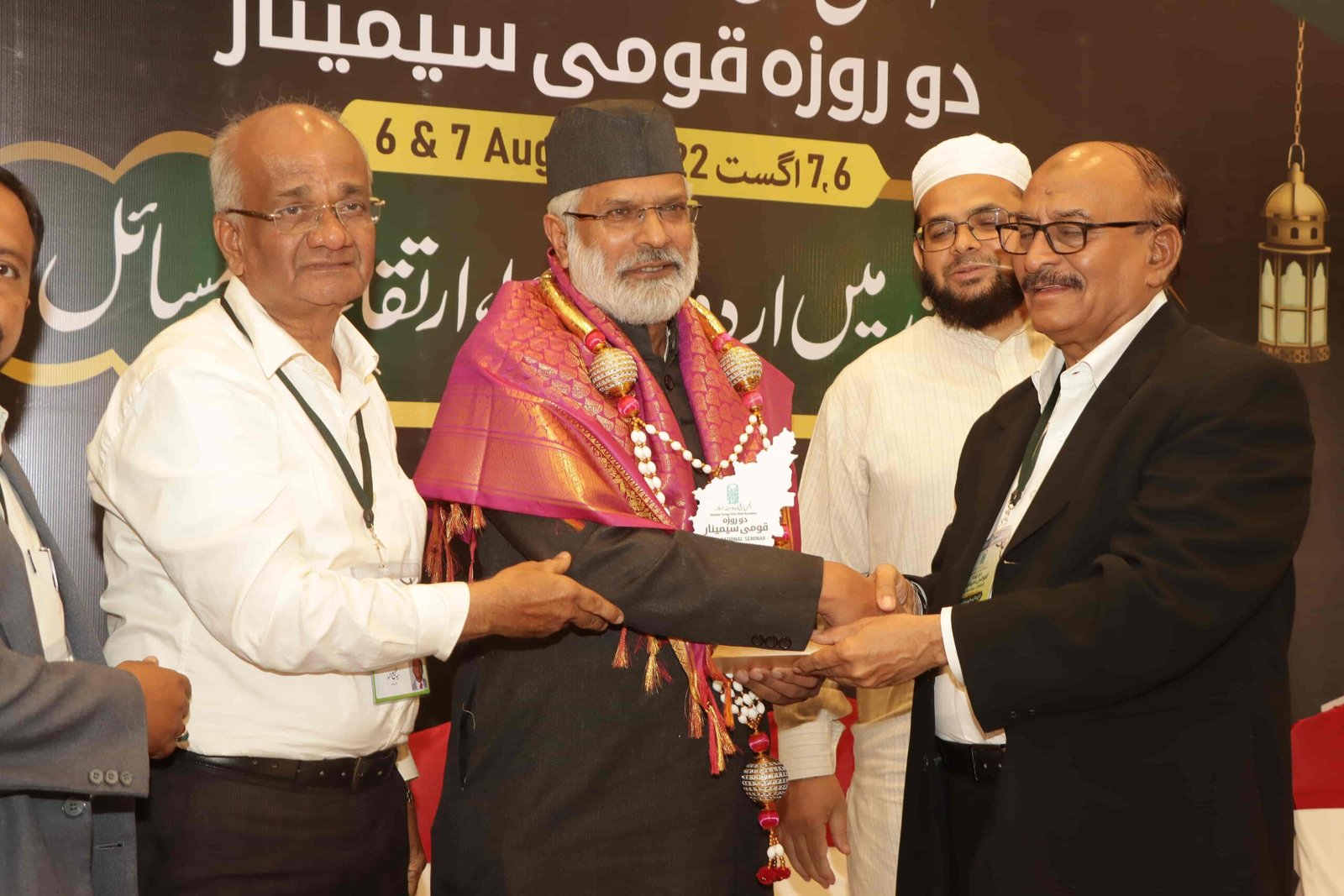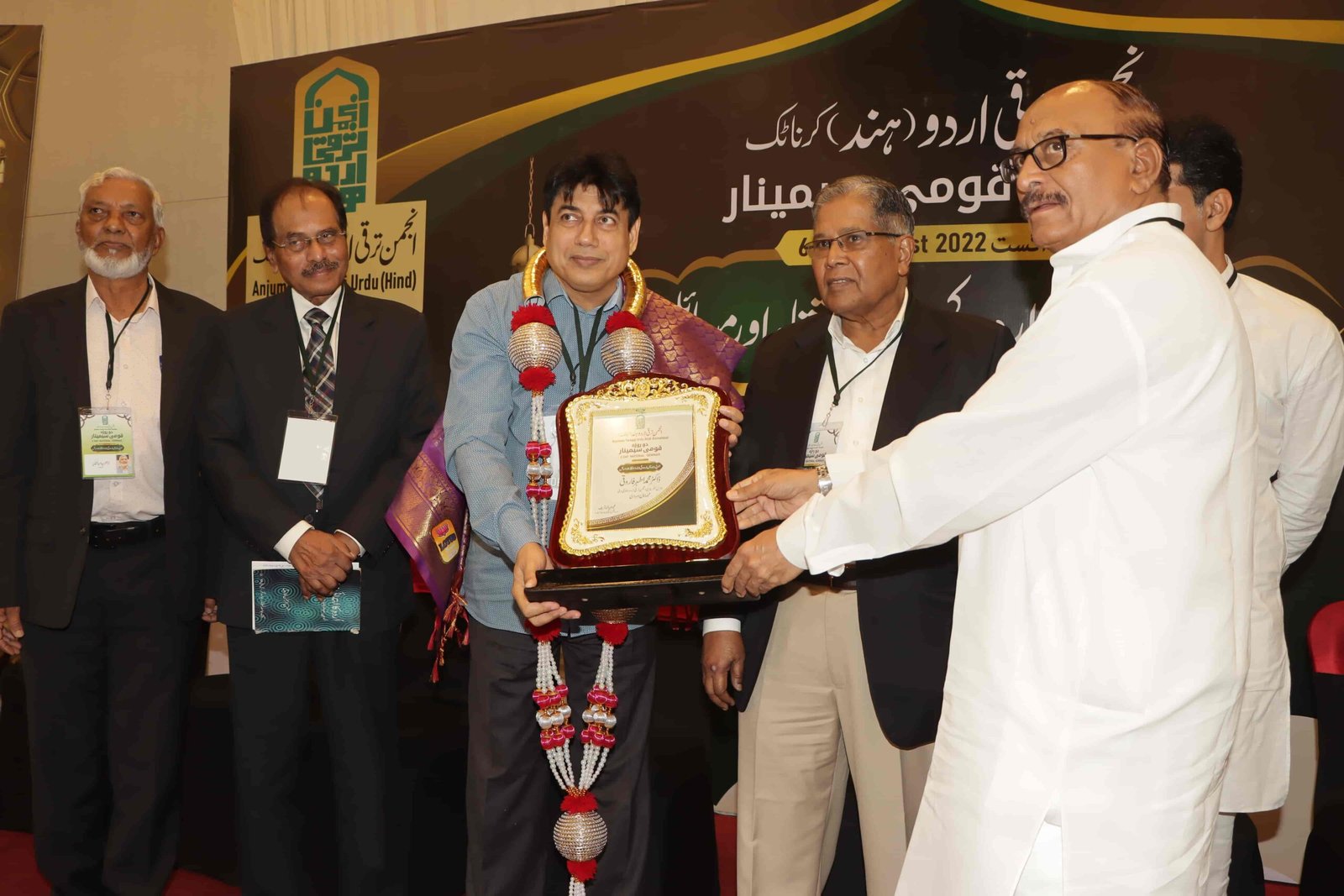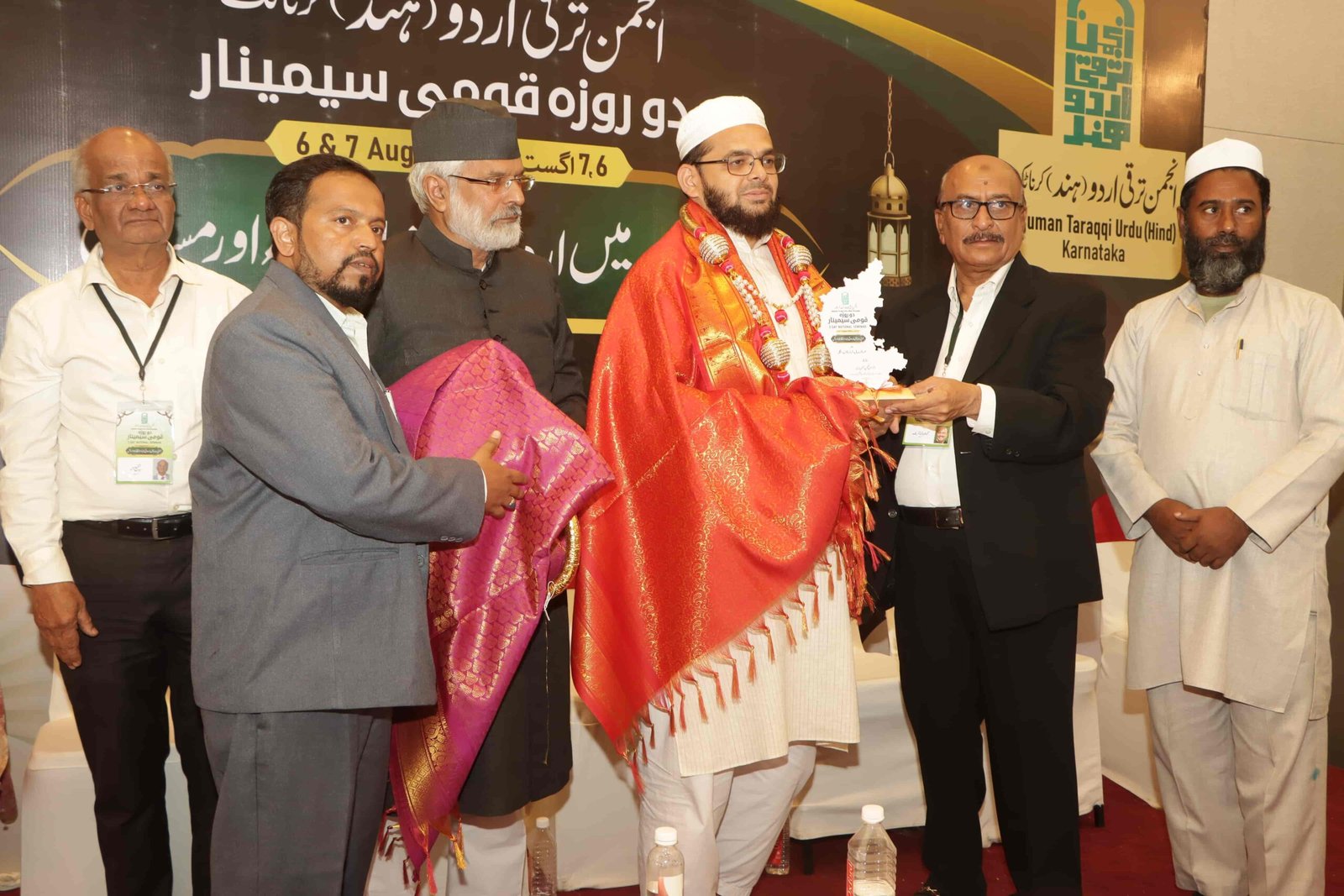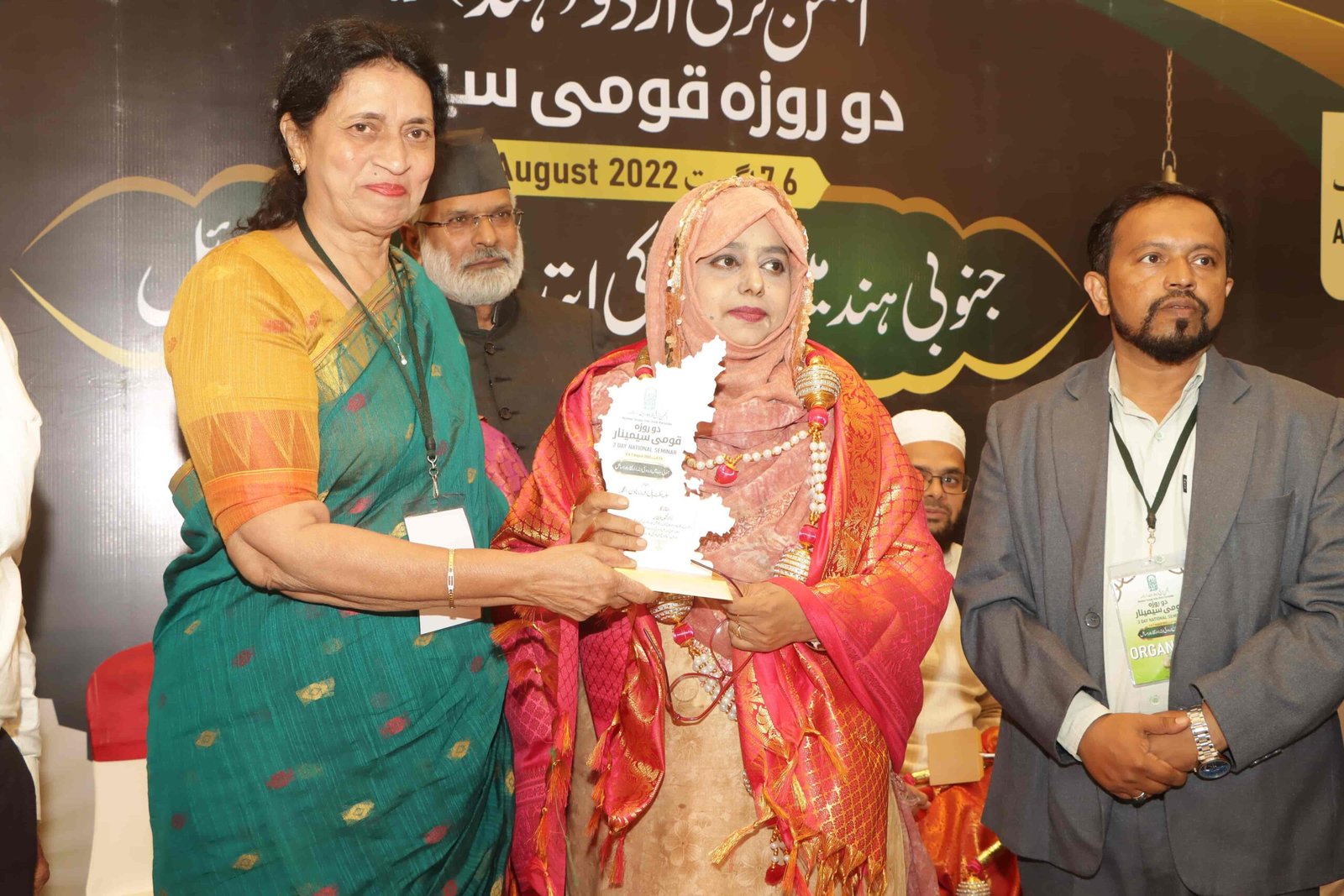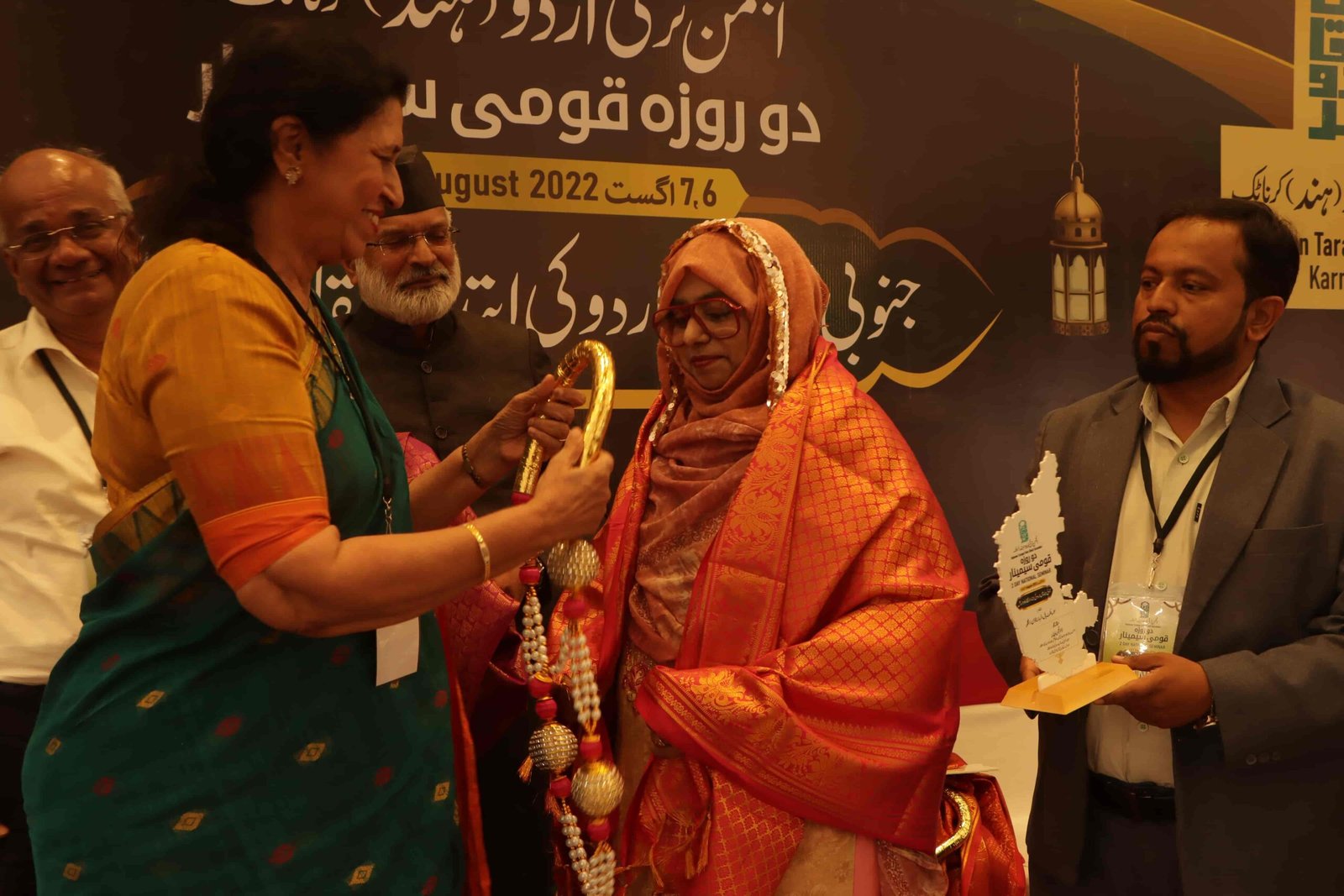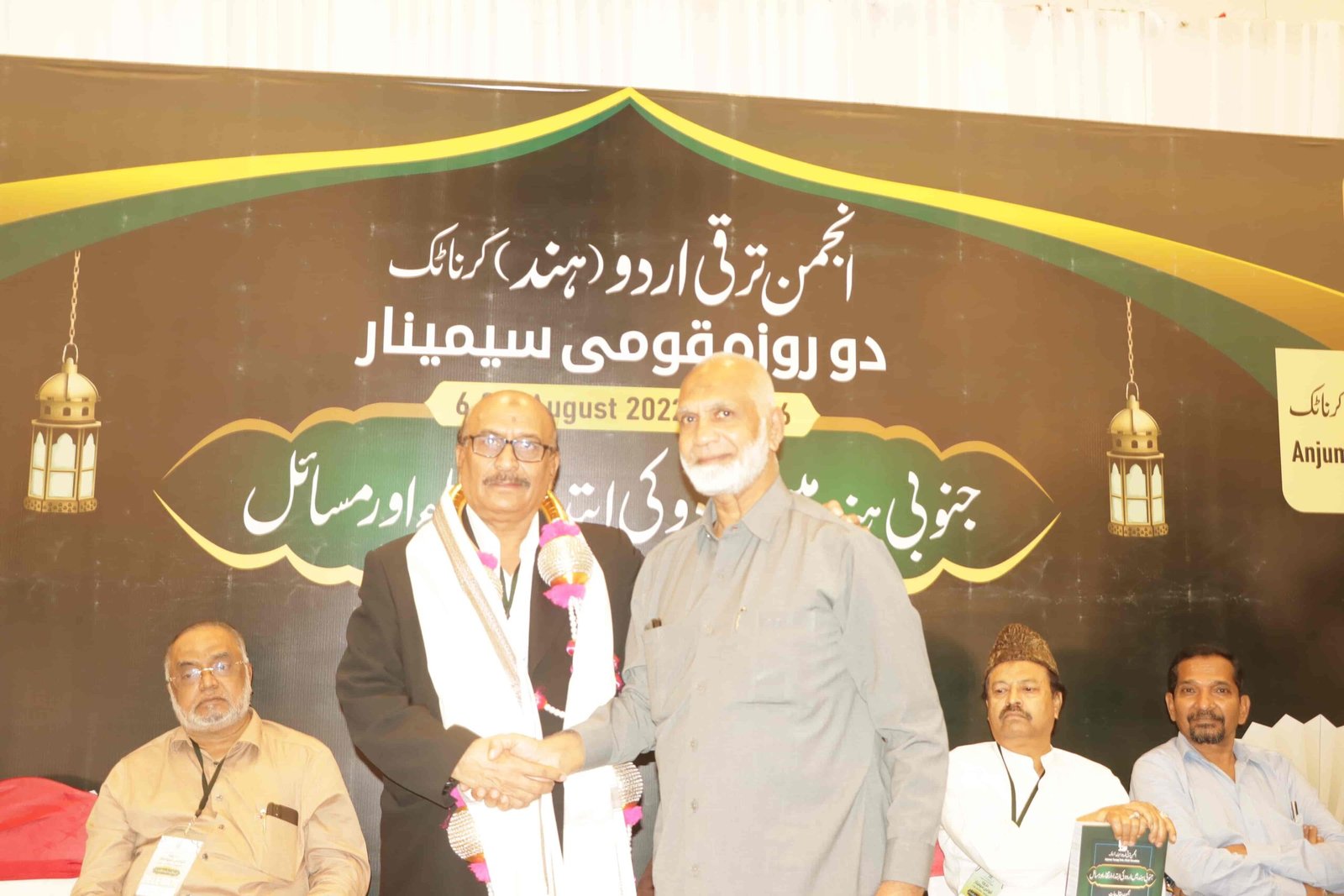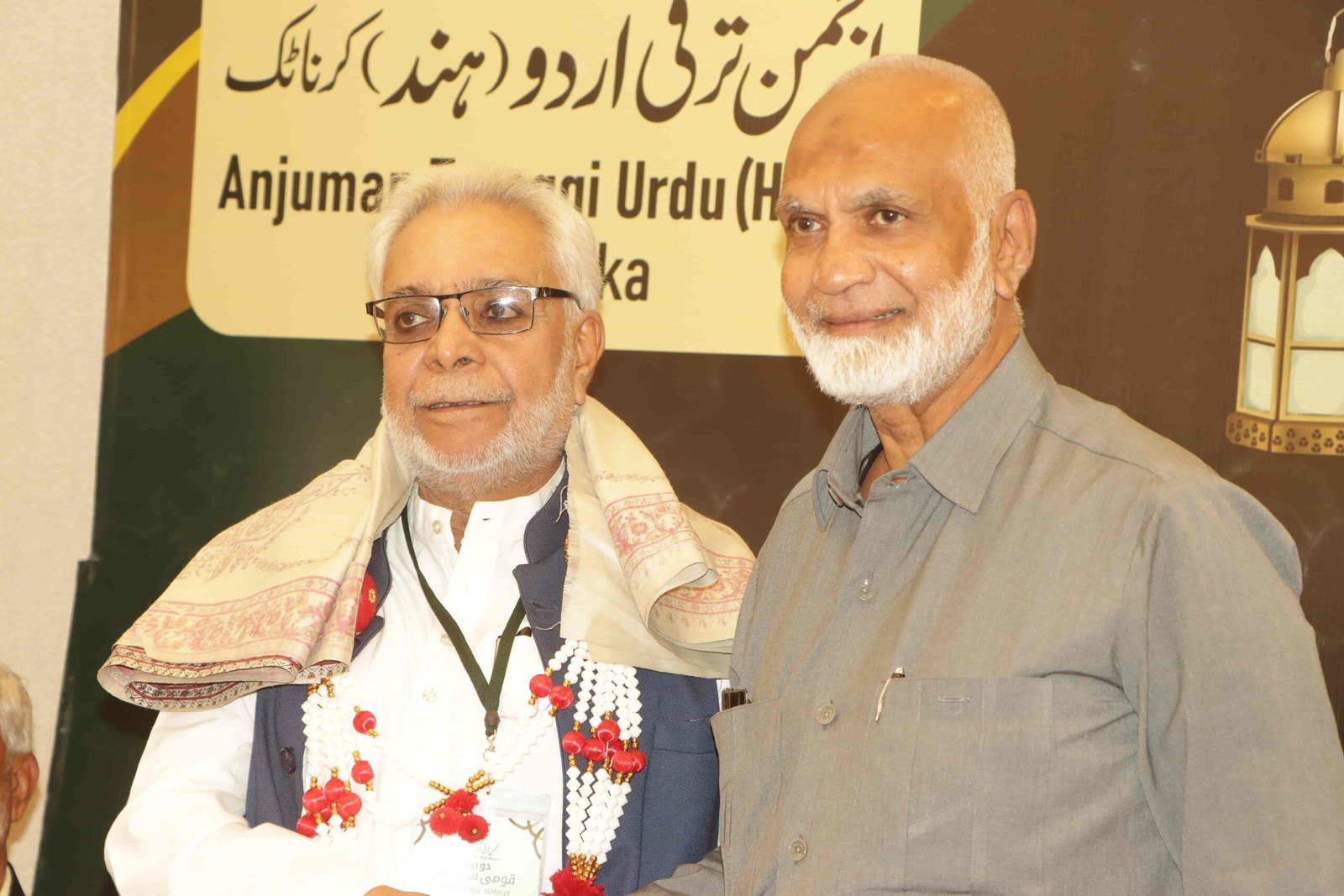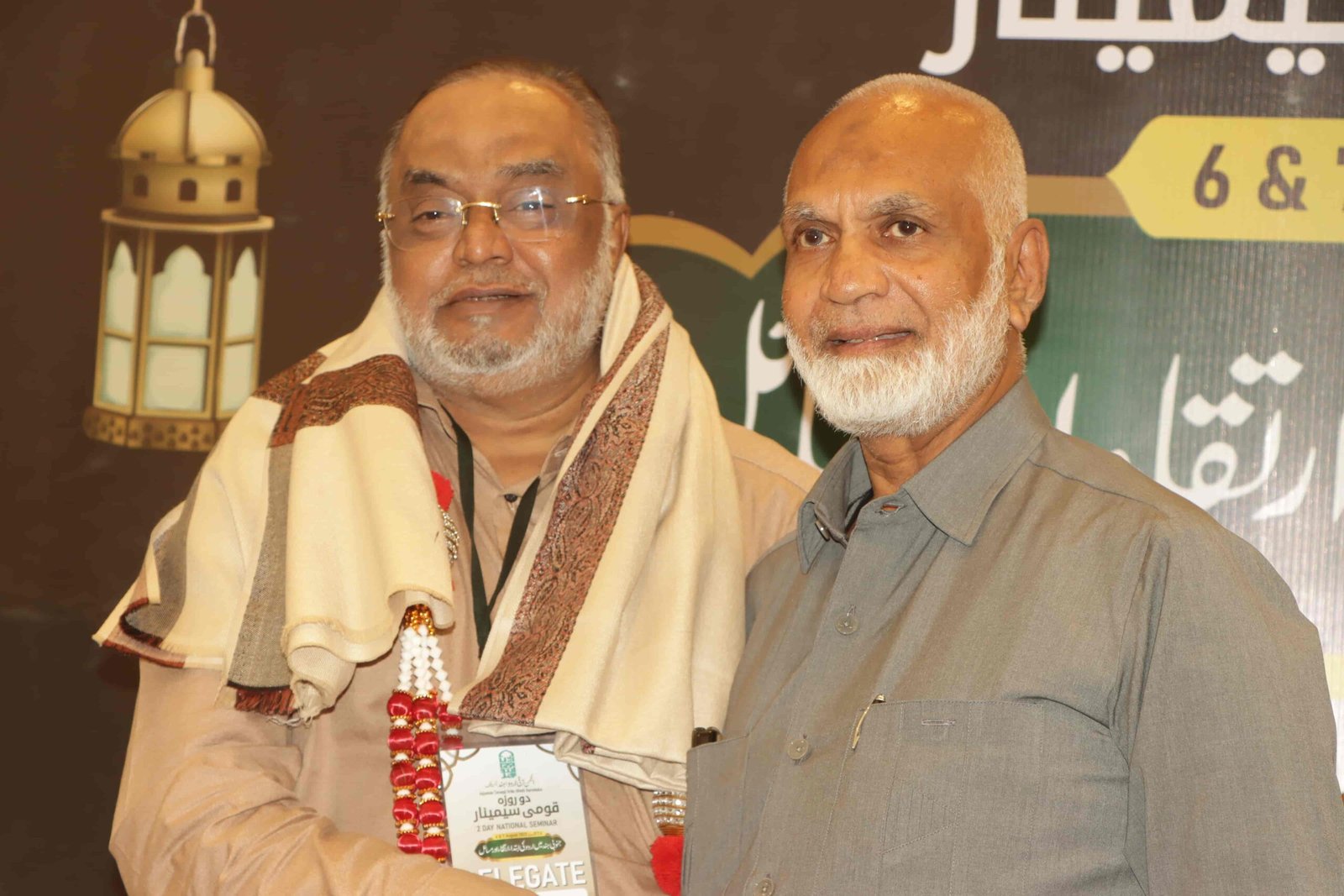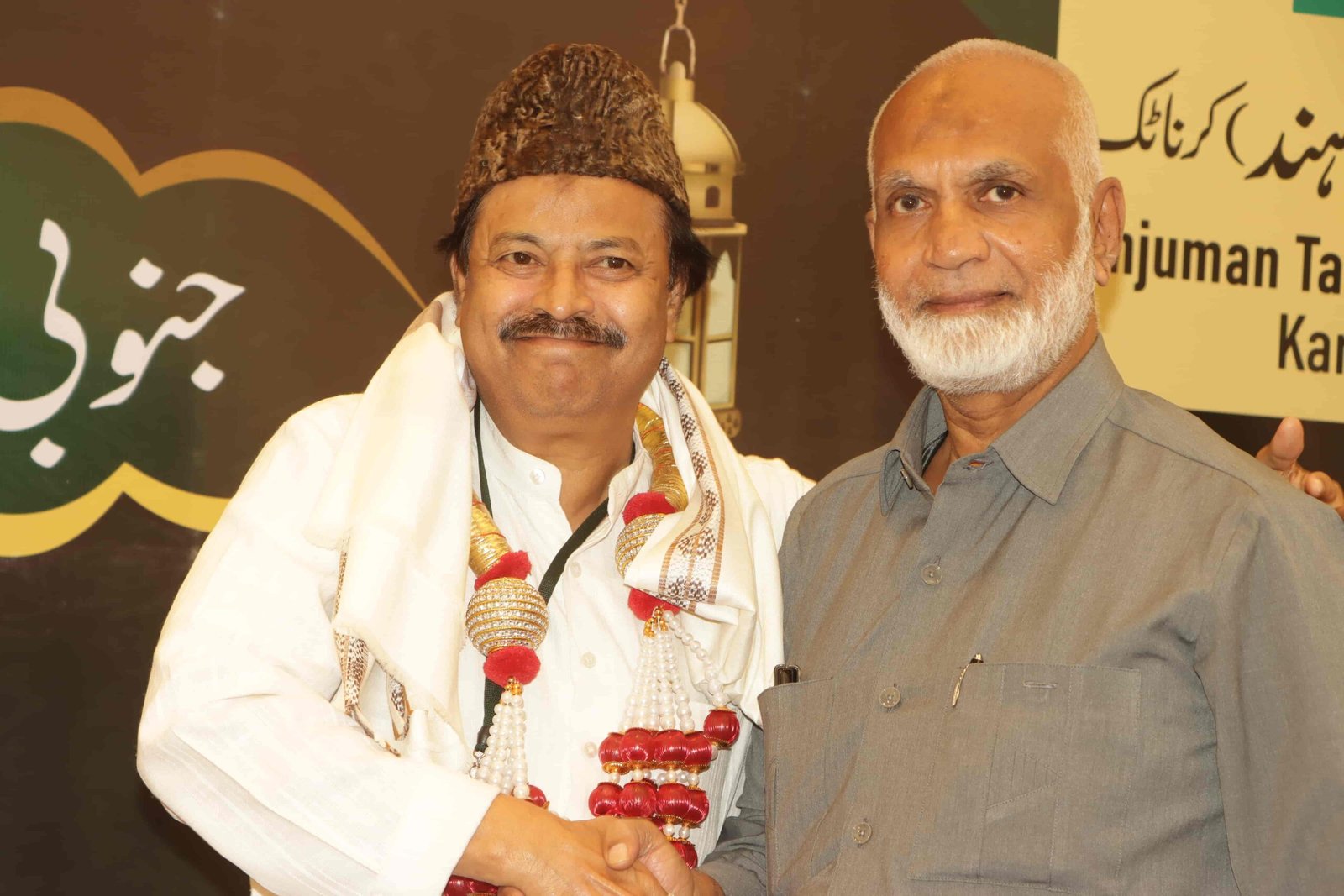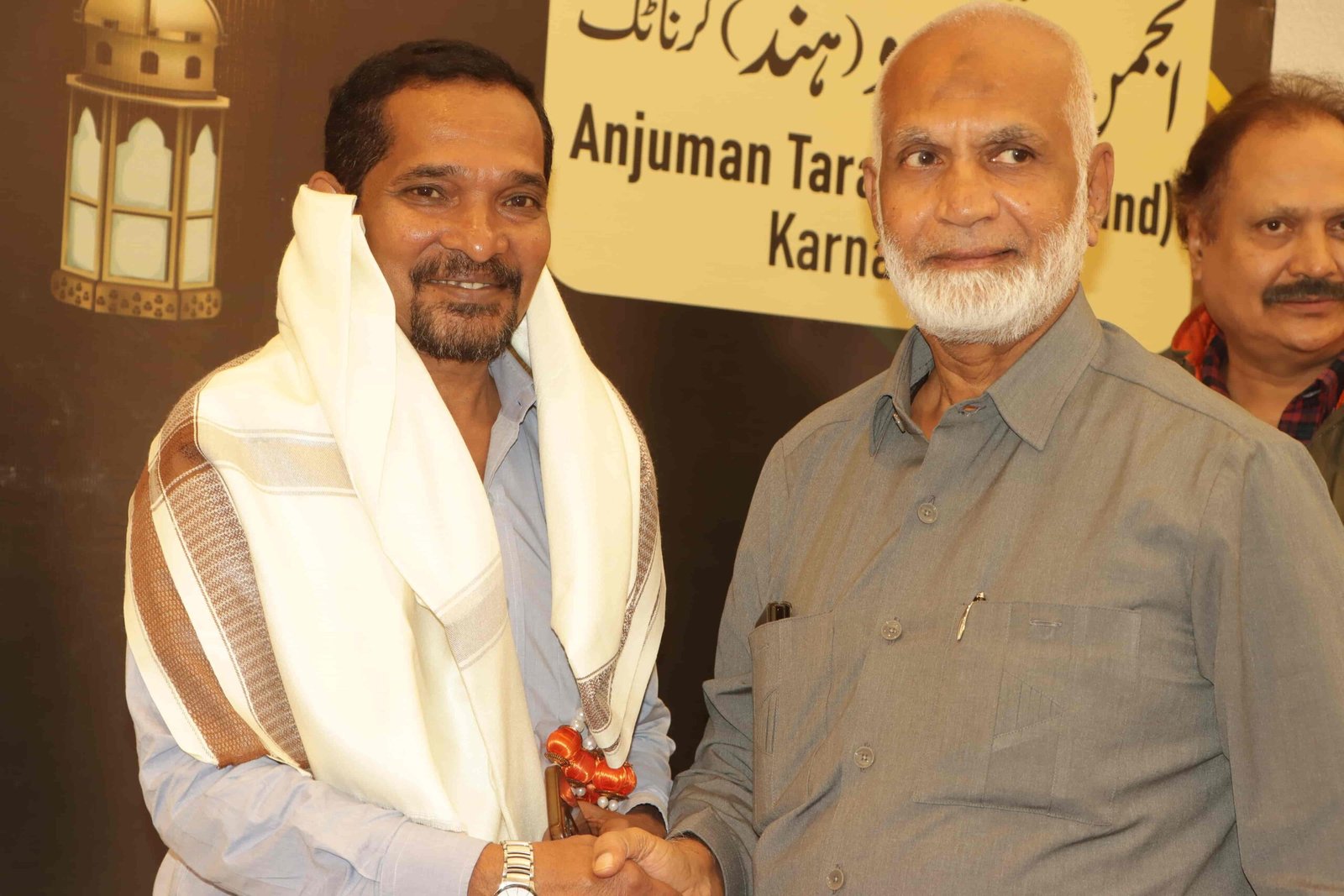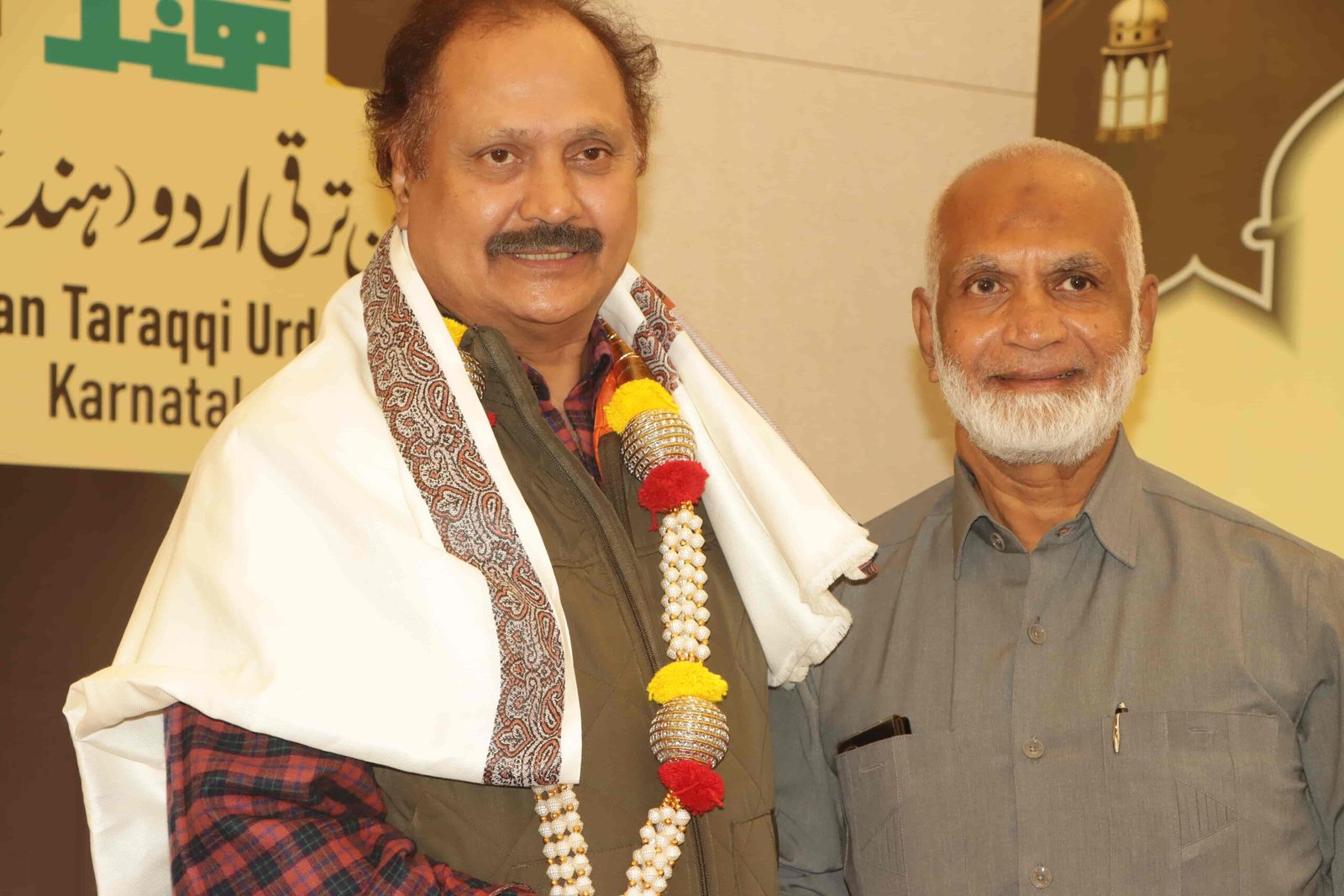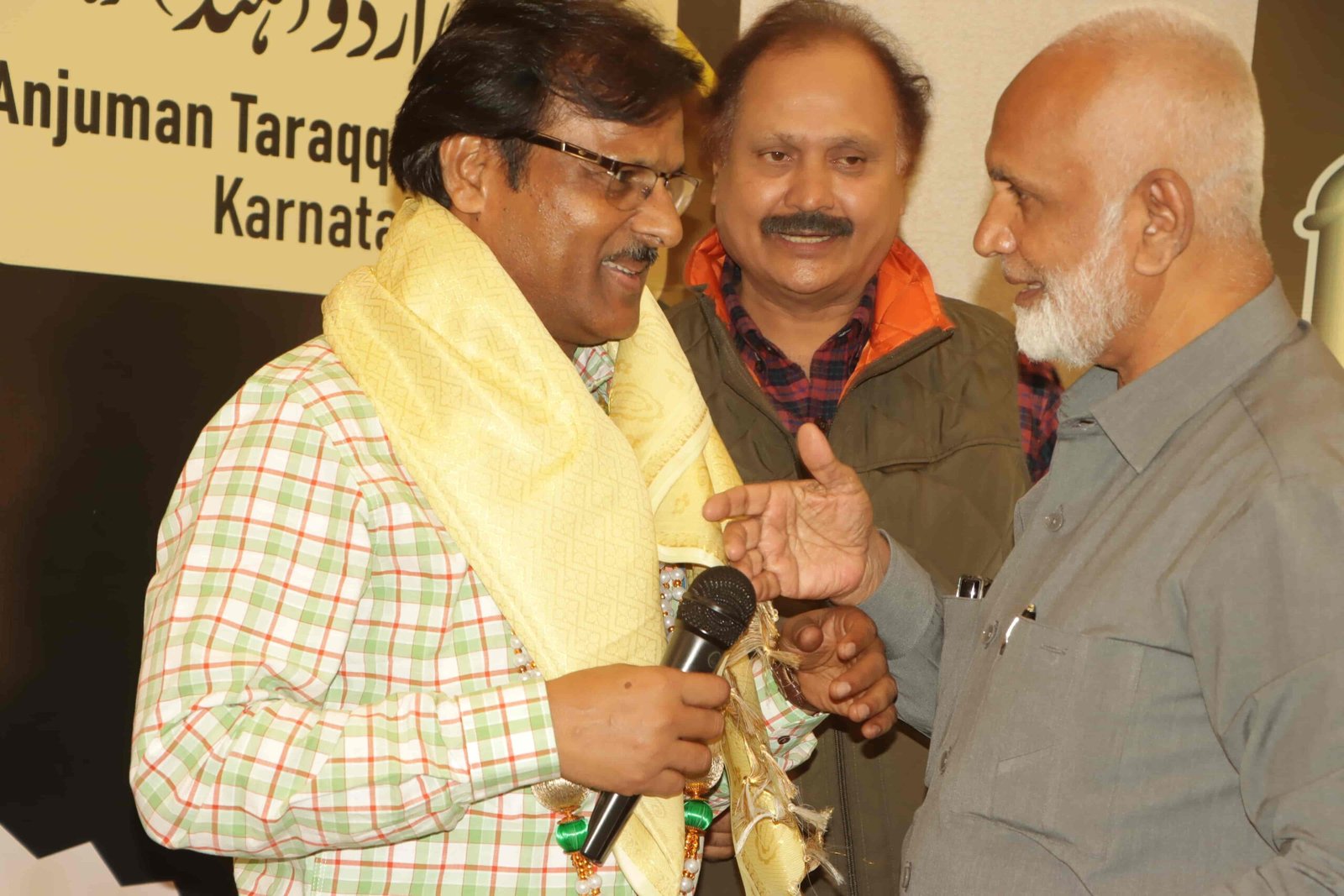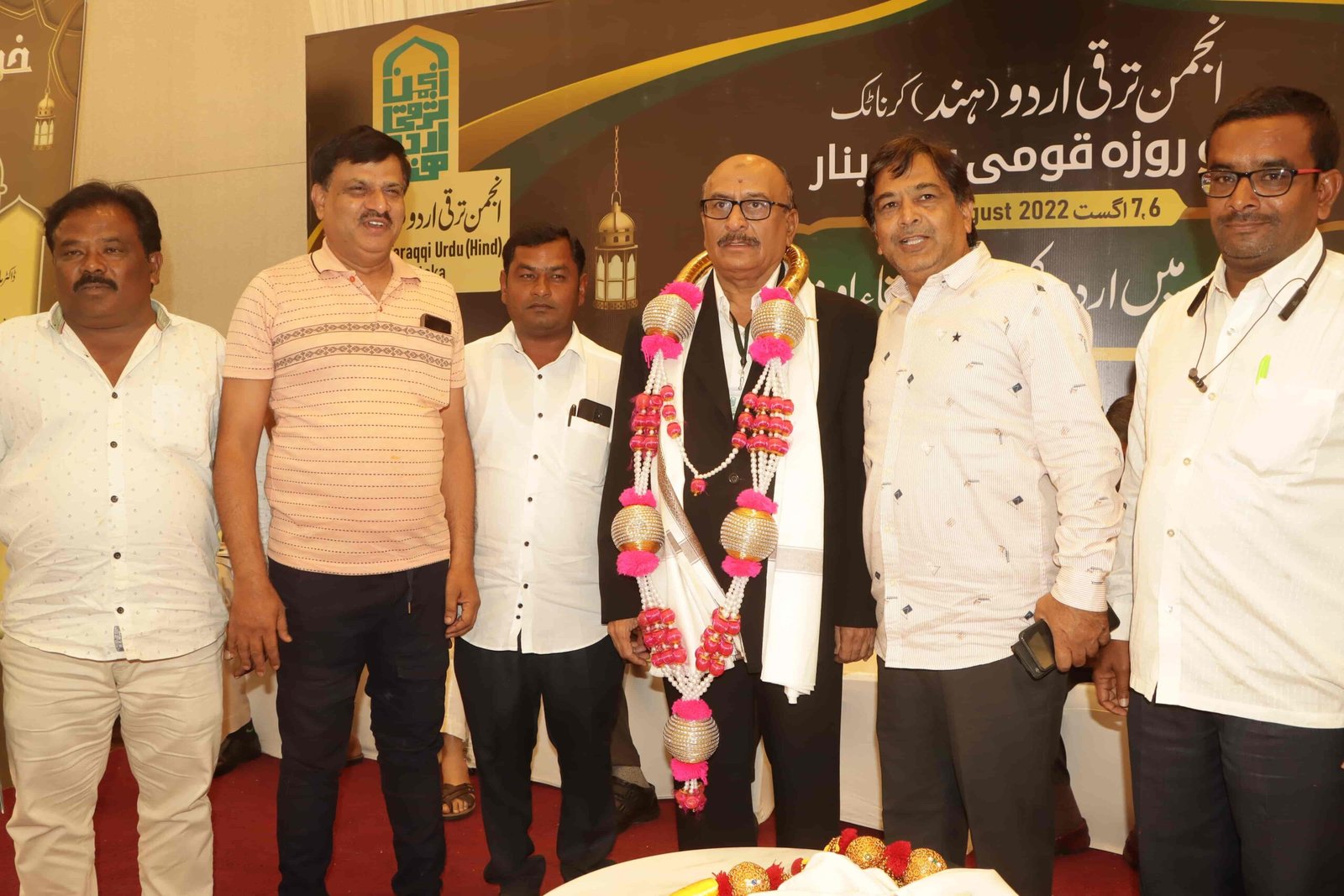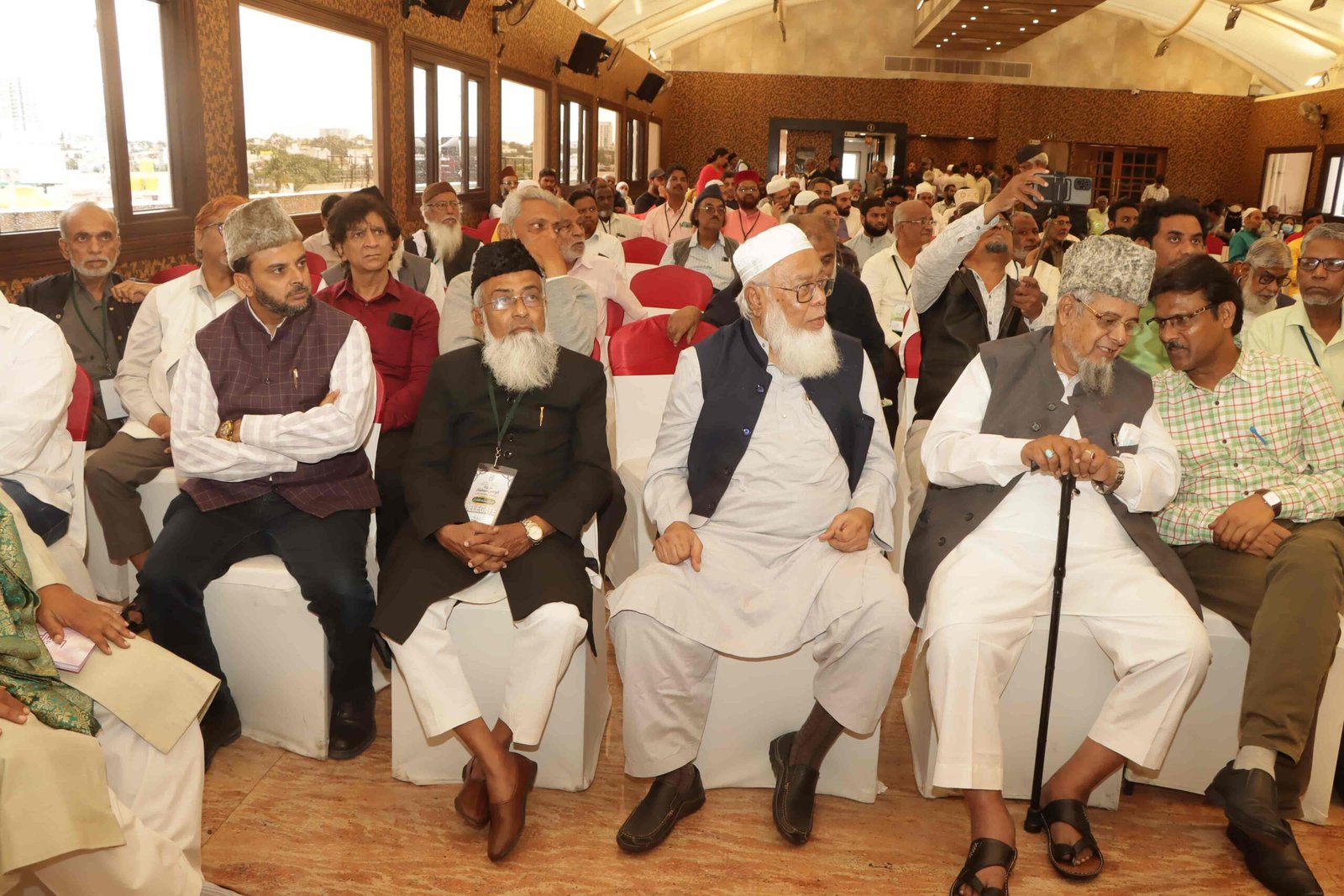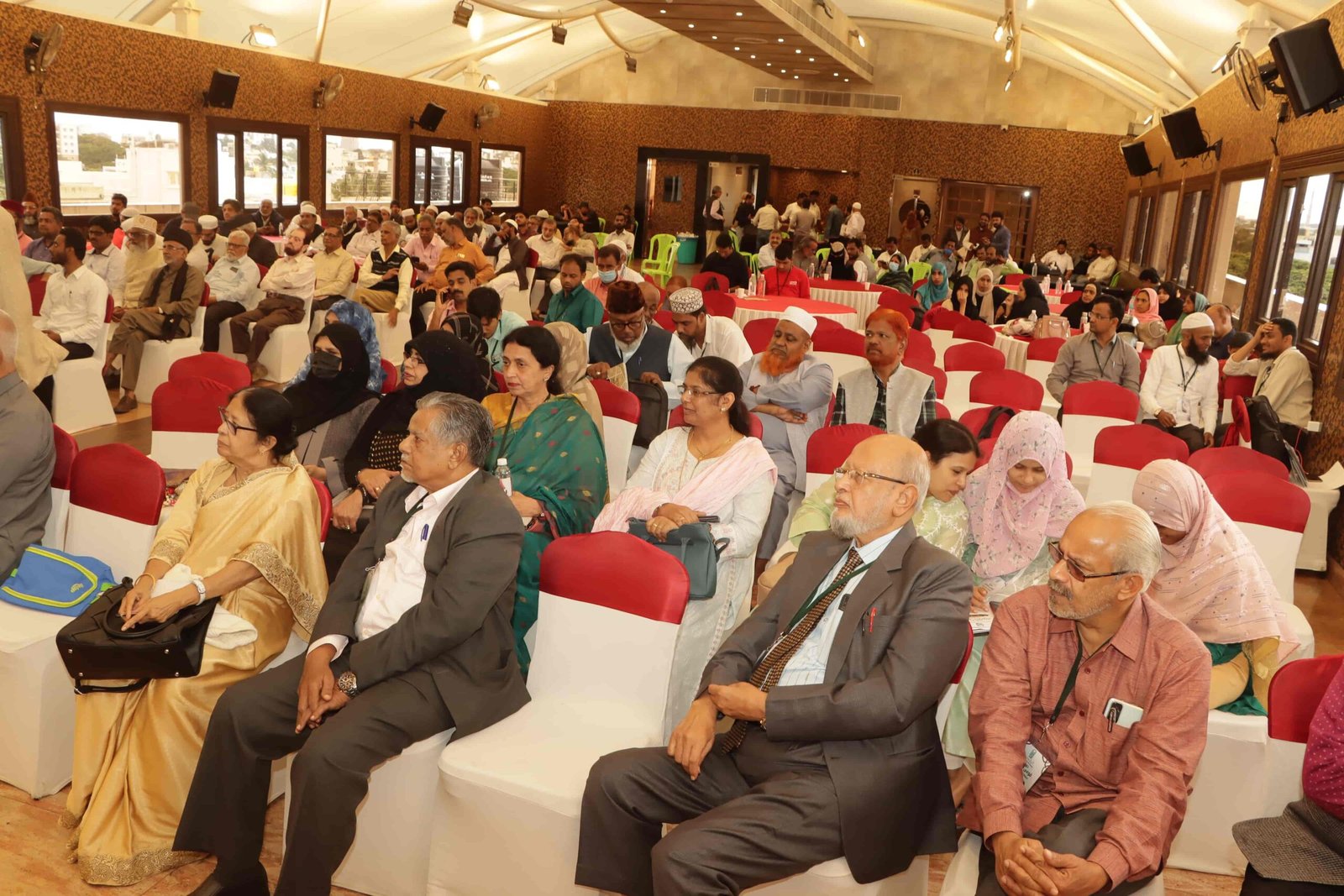سیمینار
سیمینار
A Glorious Journey of 140 Years Genesis and Evolution of
Anjuman Taraqqi Urdu (Hind)
Anjuman Taraqqi Urdu (Hind) stands as a prestigious nationalist and literary institution with a rich and illustrious history. Although it traces its roots to the All India Muslim Educational Conference, founded in 1886 by Sir Syed Ahmed Khan, the Anjuman has evolved into India’s foremost, oldest, and most historically significant language organization,
A unique hallmark of the Anjuman is its secular character is the diversity reflected in its leadership over the decades. A testament to its secular ethos and inclusive spirit is evident in the selection of its 13 presidents since its inception, which includes individuals from various faiths-one Christian and six Hindus. Notable presidents include:
Several prominent figures including Allama Shibli Nomani and Maulana Abul Kalam Azad played crucial roles in shaping the nationalist character of the Anjuman. Allama Shibli Nomani served as its Secretary for some time, while Maulana Abul Kalam Azad, who later became a key figure in shaping the Anjuman into a staunchly nationalist organization, was its Assistant Secretary. Azad dedicated his life to the Anjuman’s mission until his death in 1958. The organization takes immense pride in its association with this visionary leader, who was far ahead of his time.
The Anjuman played a pivotal role in advocating for Urdu’s inclusion in the Eighth Schedule of the Indian Constitution. Over the years, it evolved into a true nationalist institution, fostering strong ties with towering nationalist leaders such as Mahatma Gandhi, Jawaharlal Nehru, C. Rajagopalachari, 4 Maulana Abul Kalam Azad, and Dr.Zakir Husain, alongside eminent Urdu and Hindi literary figures with Hakim Ajmal Khan, Moulvi Abdul Huq, Moulana Altaf Hussain Haali and Prem Chand being some of the standout names. During the turbulent post-Partition years, the Anjuman remained steadfast in promoting Urdu literature and language, championing secularism and preserving the Ganga-Jamuni cultural heritage of India. Despite the challenges of the post-Partition era, the Anjuman remained steadfast in preserving India’s linguistic diversity and composite Ganga-Jamuni culture by promoting Urdu language and literature on secular principles. Today, it continues its noble mission with an extensive network of 650 branches across cities and towns wherever Urdu-speaking communities thrive or where the language has historical significance. The branches over the years have been established on account of the sincere passion for Urdu languages and the contributions and support made by
many Nawabs and kings of princely states in the pre-independent India as well as several intellectuals and aristocrats.
Since the 1980s, the Anjuman has played a pivotal role in the establishment of various institutions by engaging with the Government of India through petitions and discussions. Its success as a peaceful linguistic movement remains unparalleled in the country’s history. In its illustrious journey spanning nearing almost one and a half century, the Anjuman has published hundreds of high-quality scholarly works and maintains a rare collection of books and manuscripts some dating back 600 years-serving as invaluable resources for scholars, researchers, and Urdu writers worldwide.
Karnataka Chapter of Anjuman Taraqqi Urdu (Hind)
When the Gokak Committee presented its report to the Karnataka government, concerns arose about the potential marginalization of linguistic minorities, particularly Urdu. Sensing this concern, the Anjuman Taraqqi Urdu (Hind) became active and convened an emergency meeting on January 31, 1982, during which a committee was formed under the leadership of Mr. Muhammad Ali Mehtab Ali, the then Transport Minister in the Government of Karnataka under the late Devraj Urs. The Committee after deliberations among the members submitted a memorandum to the Government of Karnataka protesting Urdu’s exclusion in the Gokak Report. This committee later evolved into the Karnataka Chapter/branch of Anjuman Taraqqi Urdu (Hind) with Mr. Muhammed Ali Mehtab Ali as its first President. Subsequently, Mr. C.R. Muhammed Saifuddin, former MLA from Chitradurga assumed the leadership of the Anjuman in Kamataka. Several prominent personalities from diverse field became associated with the Karnataka branch, notable among them were late Ismail Tabish, a former Member of Legislative Council and the founder and editor of the oldest Urdu newspaper in Karnataka “the Daily Pasban’; late Hakim Imam Imami, a reputed Unani practitioner and a man of letters; late Shaik Musliquddin, a journalist par excellence; late Shaik Mohammed Taj and several other.
For some time, the activities of Anjuman Taraqqi Urdu Karnataka had stagnated. Despite earnest efforts by Mr. Abdul Hamid and Mr. Khalil Fateh to revive it progress remained slow. Now, Mr. Mohammad Obaidulla Sharif-editor of Daily Pasban and a senior Congress leader-donning the mantle of the President of the Anjuman, the organization is regaining its momentum. Mr. Sharif has rendered yeoman’s service to the promotion of Urdu over the years. In his journalistic career he has successfully organized several All- India Mushairas on numerous occasions under the aegis of Daily Pasban. He has also compiled and published the works of various Urdu poets, writers, critics etc, from the state. Driven by a deep commitment to Urdu language and is literature, Mr. Obaidulla Sharif with a dedicated and eminent office bearers has taken steps to revitalize Anjuman Taraqqi Urdu Hind Karnataka by collaborating with scholars across the state.
In advancing Urdu as a functional and widely spoken language, the contributions of Anjuman Tariiqqi Urdu (Hind) with its head quarter at Delhi and a vast network of its branches across the country have been impactful and enduring. May its mission continue for generations after generations,

